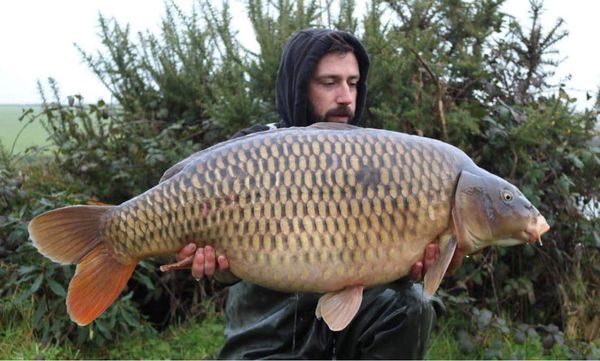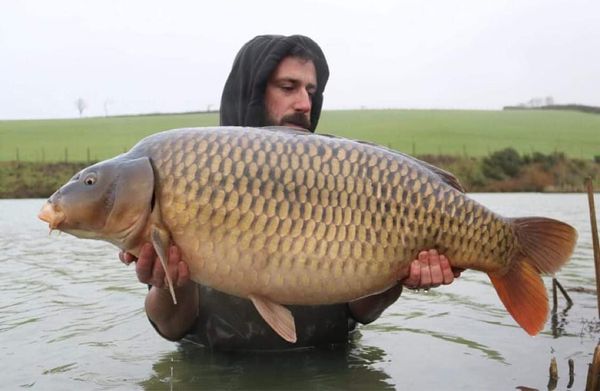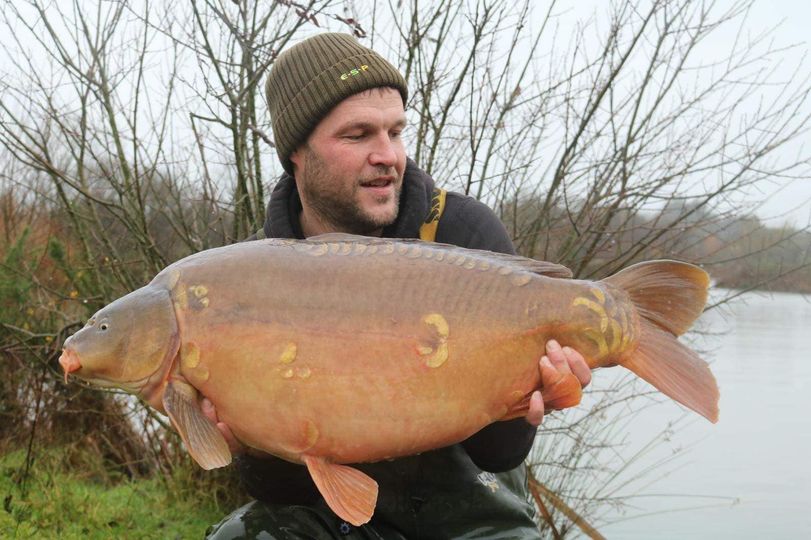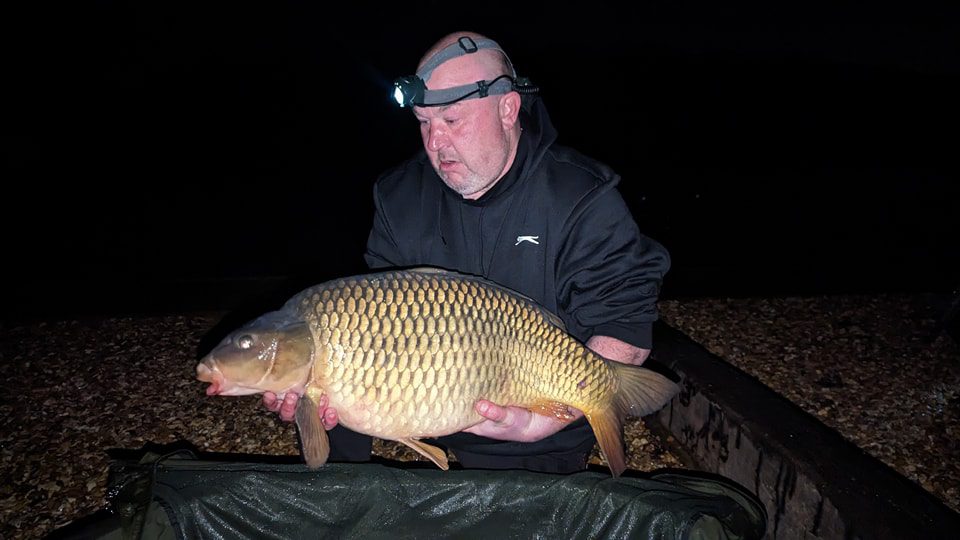
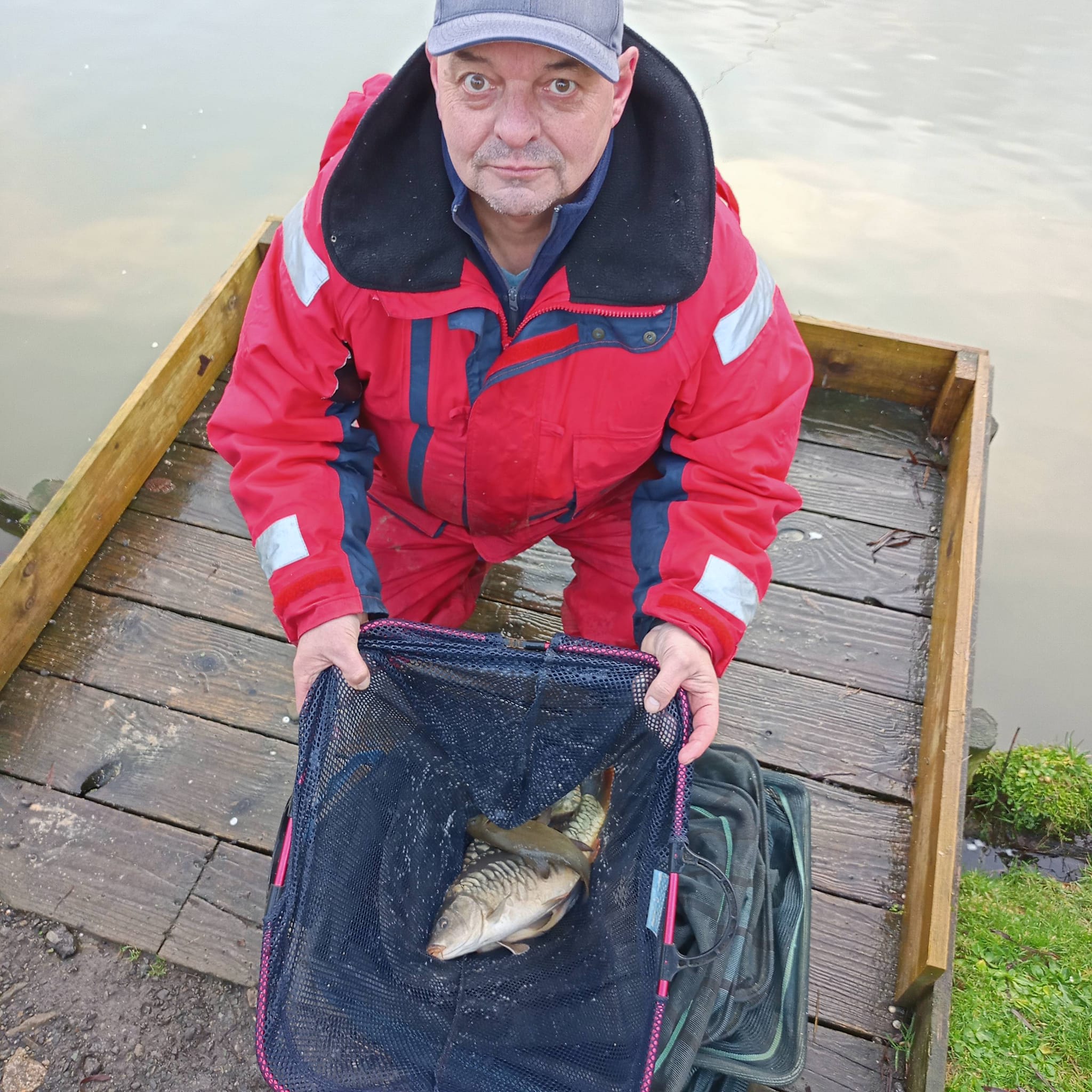
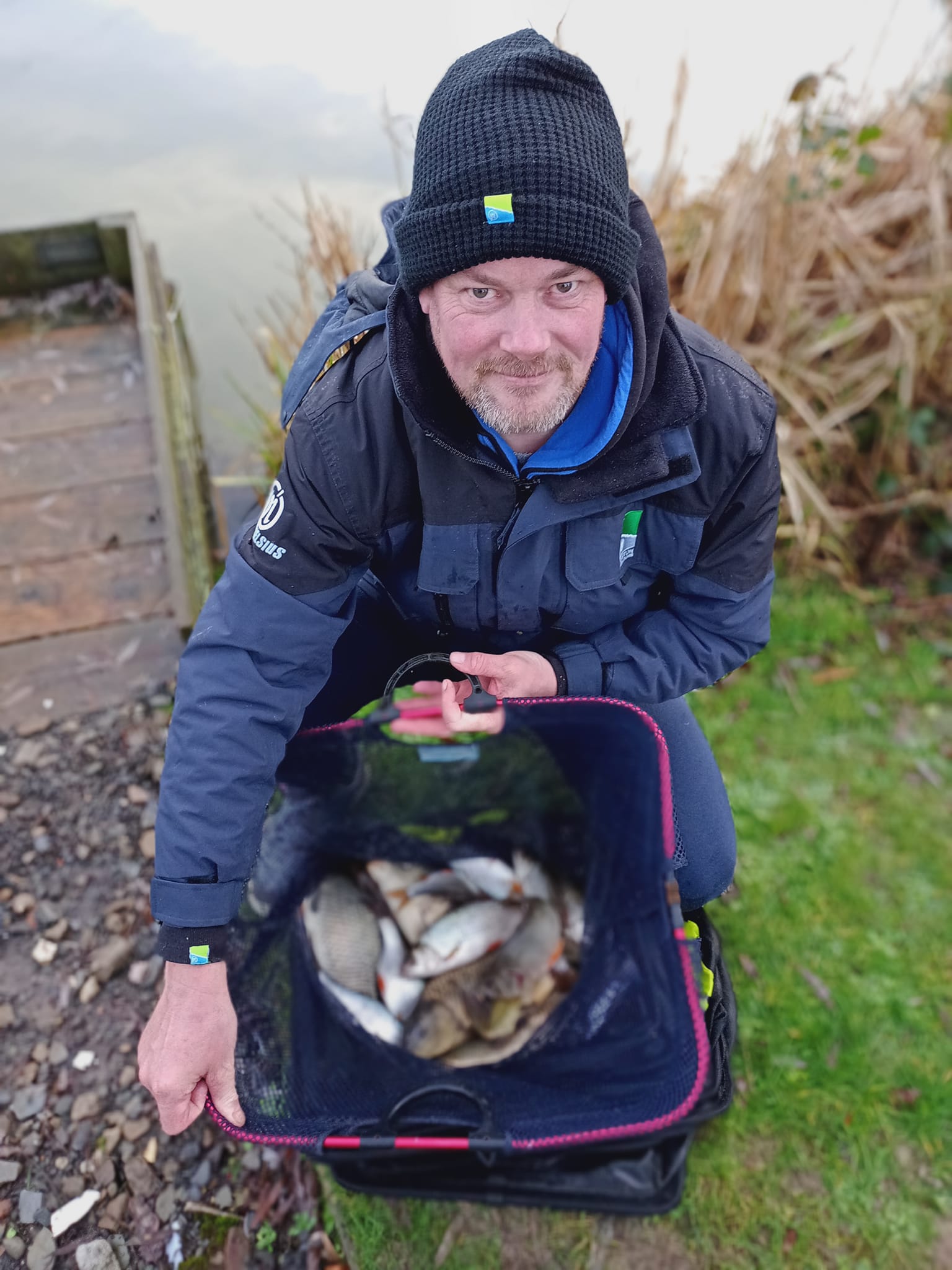
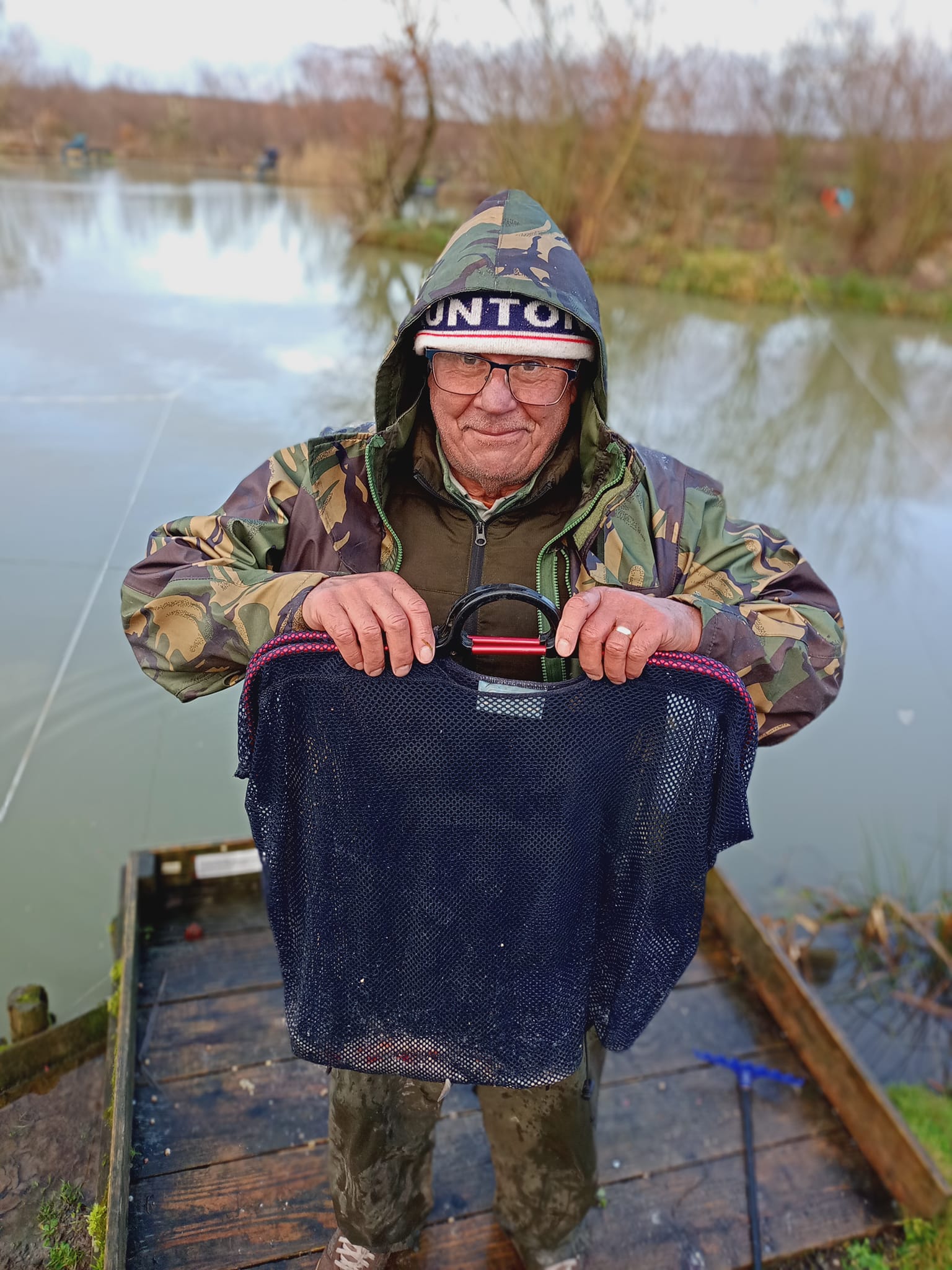
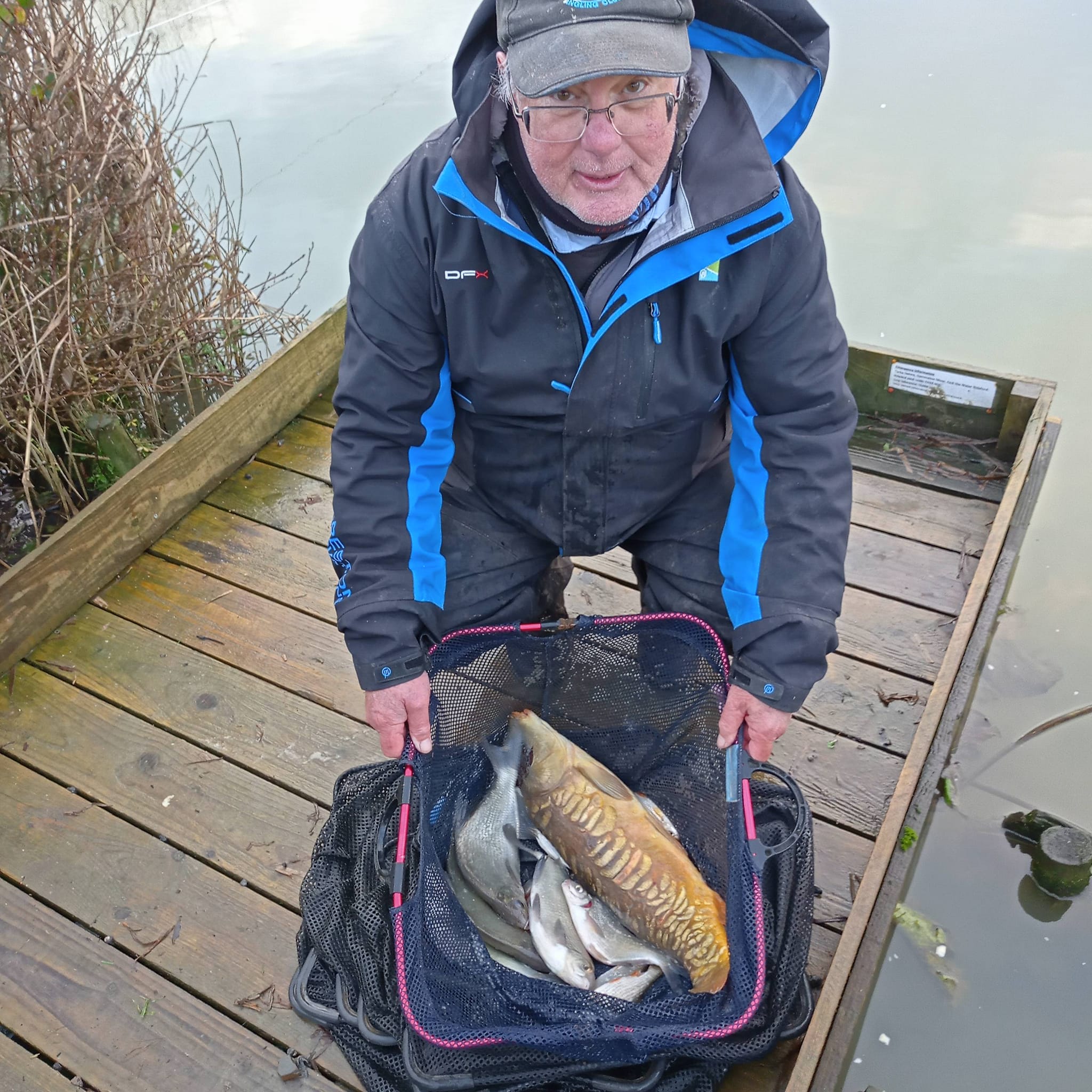
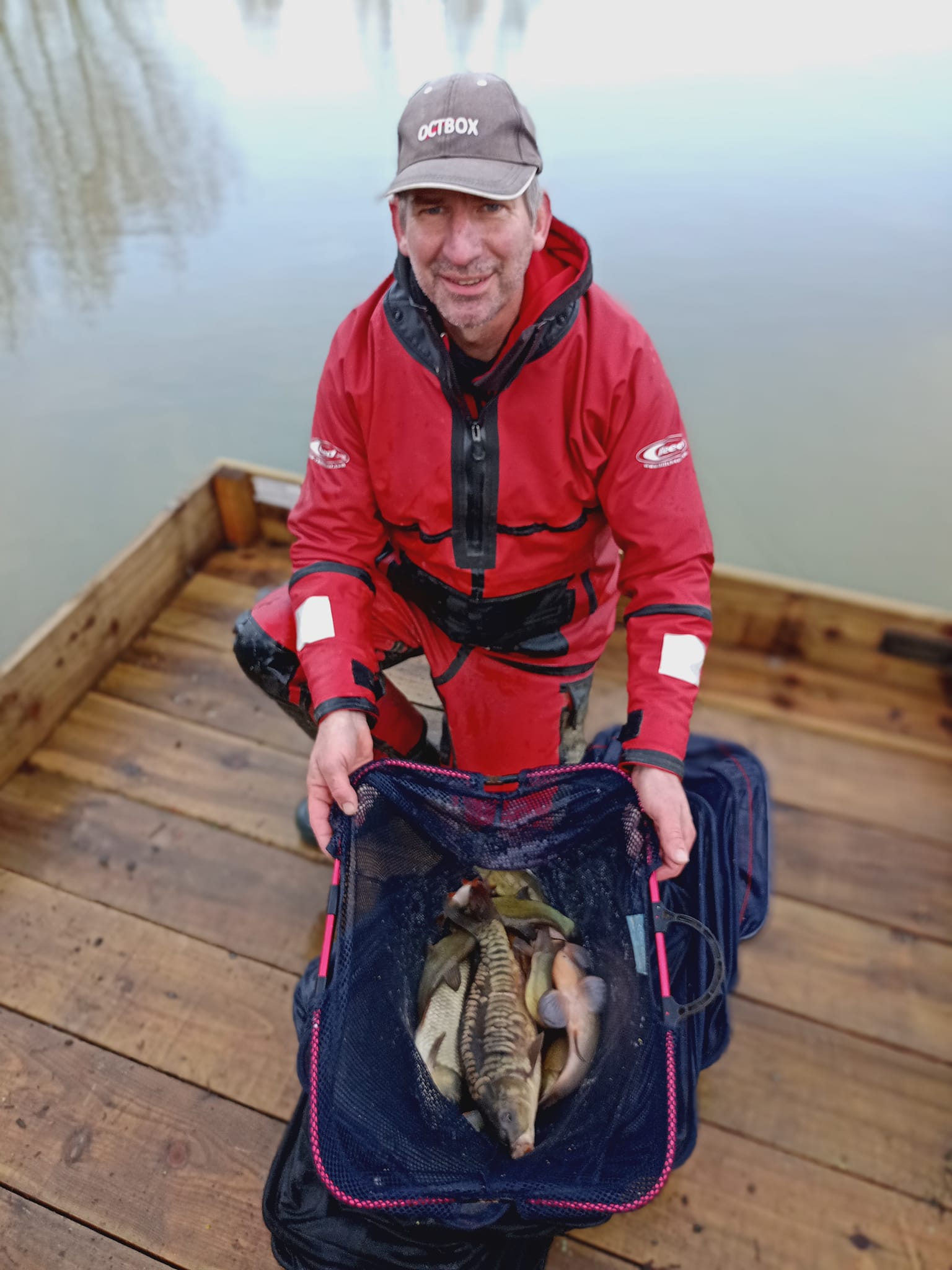
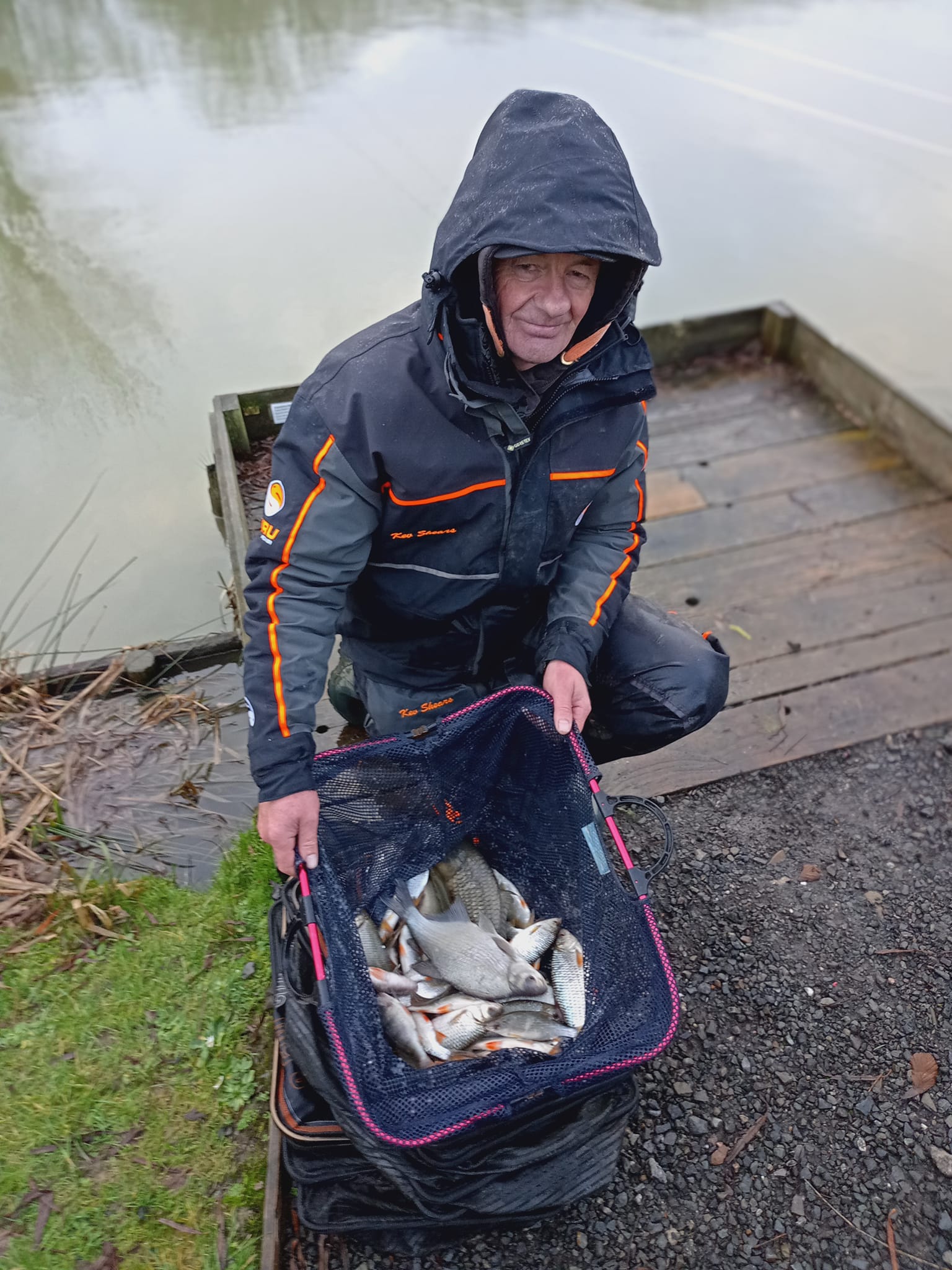
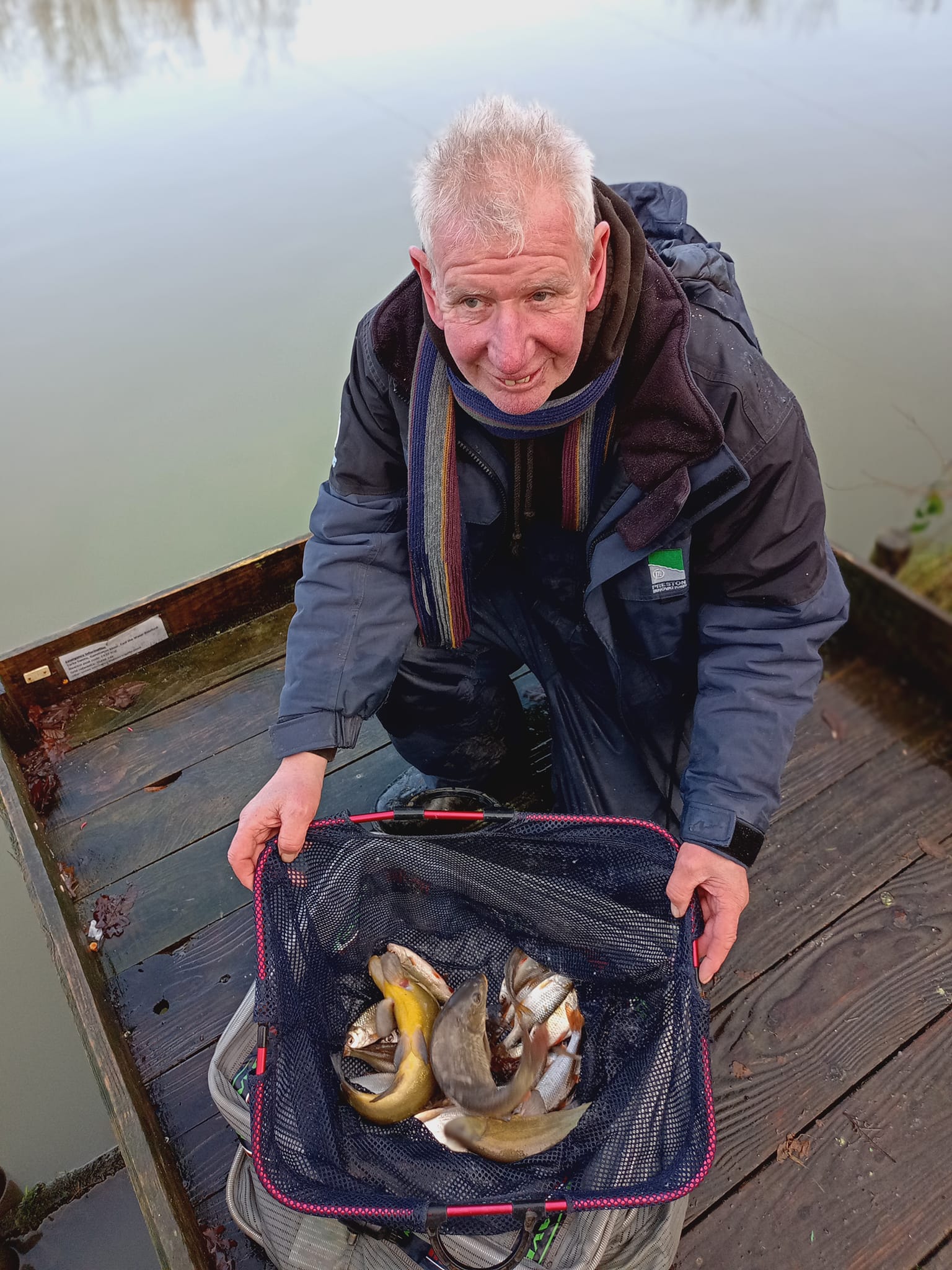
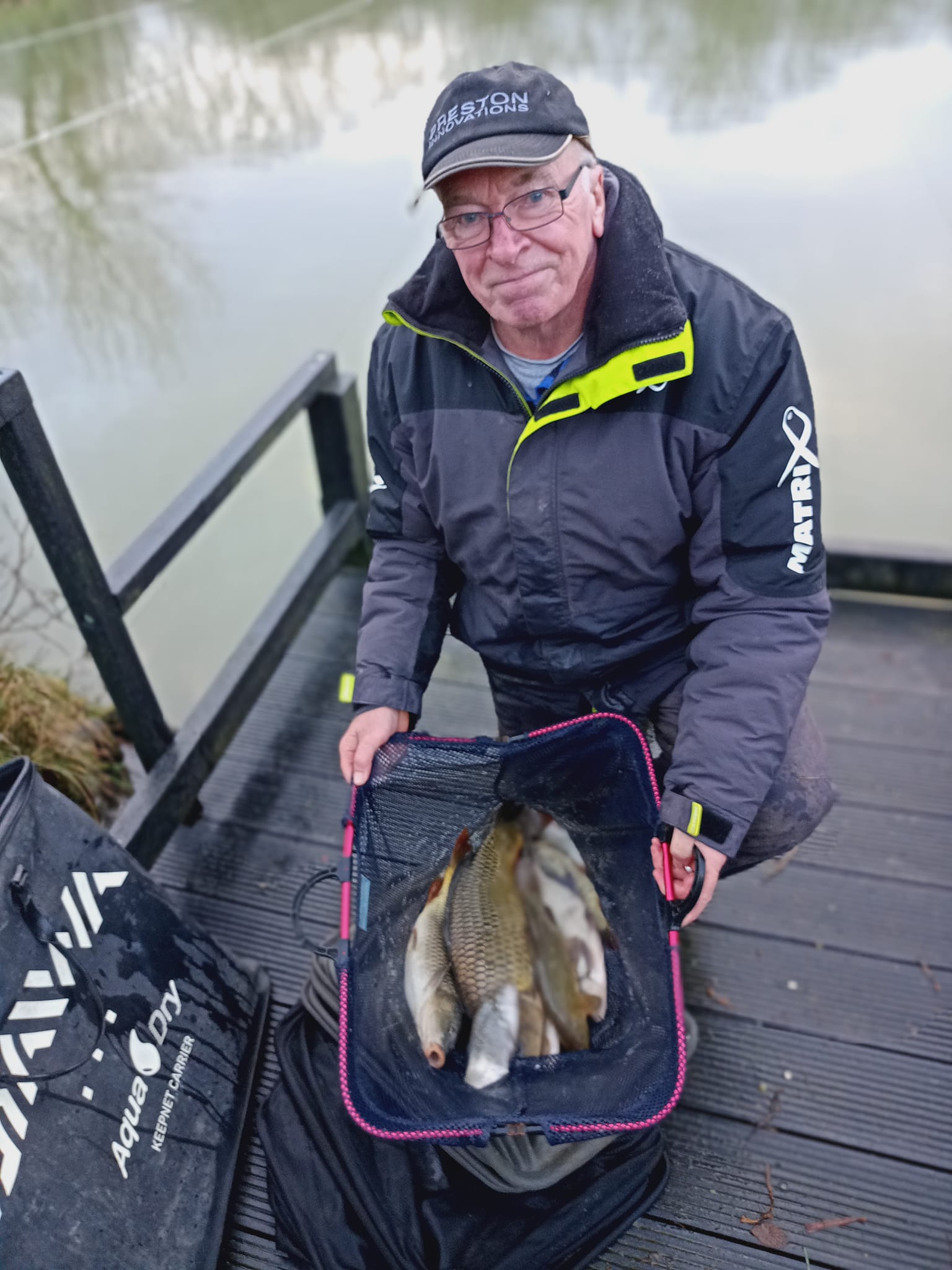
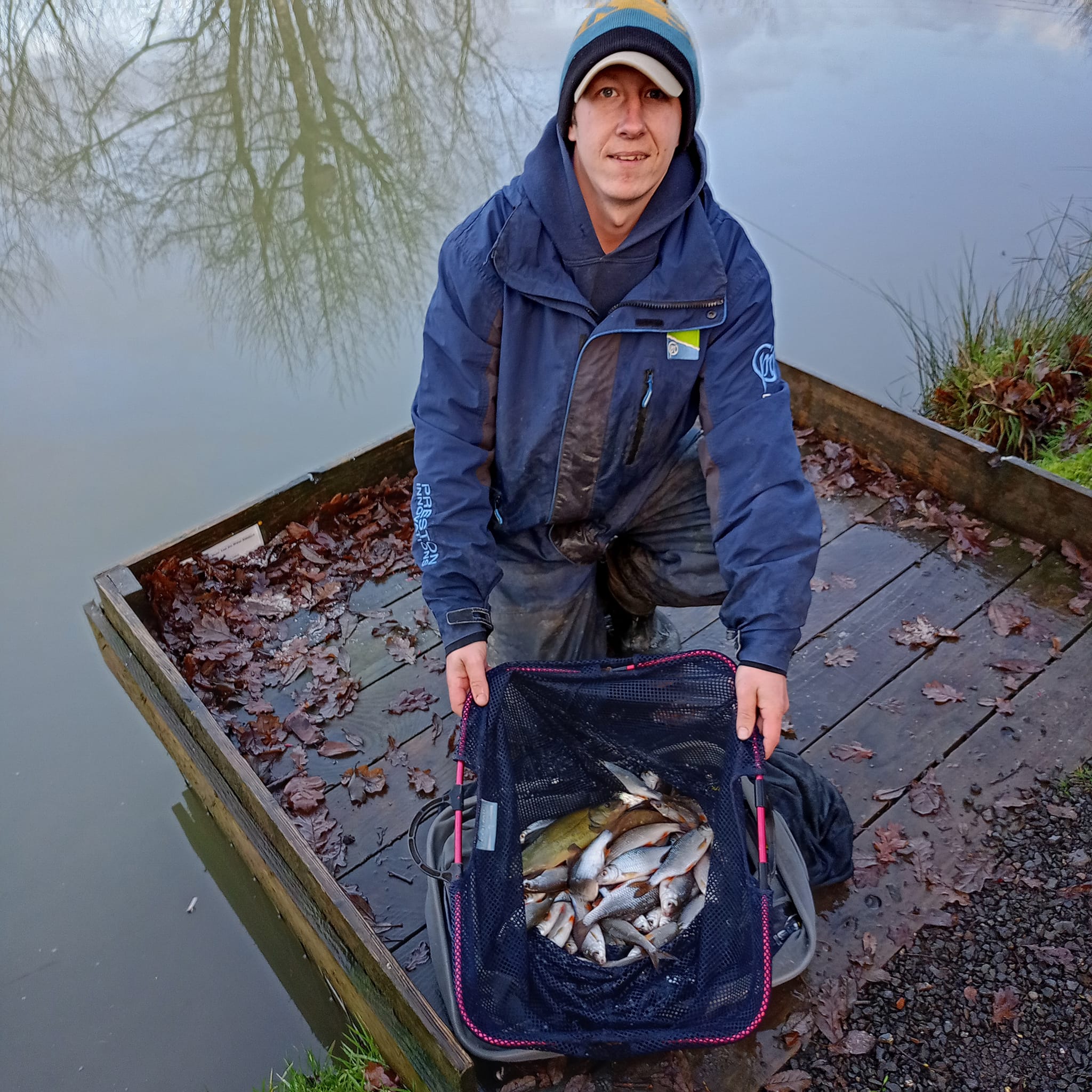
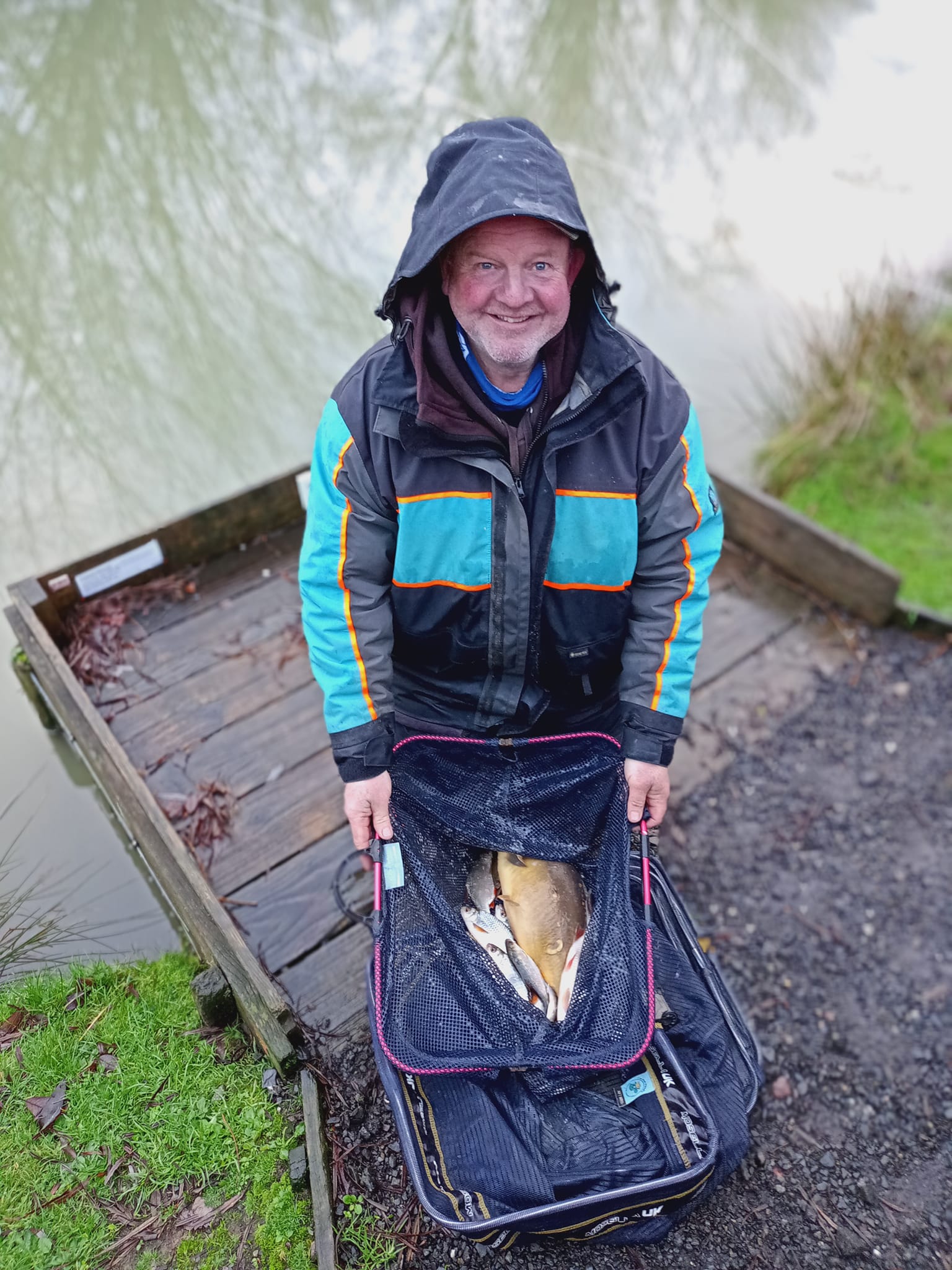
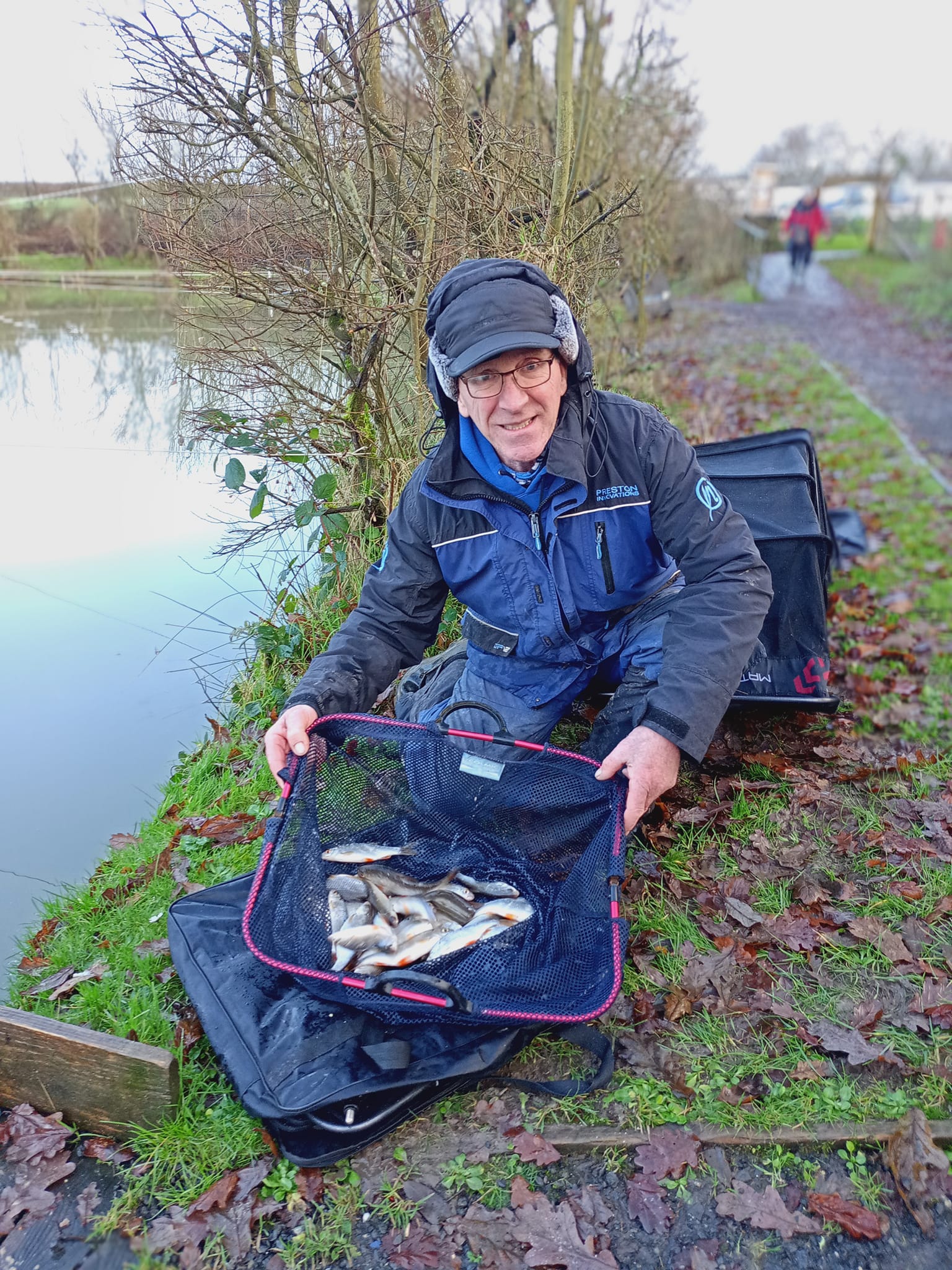
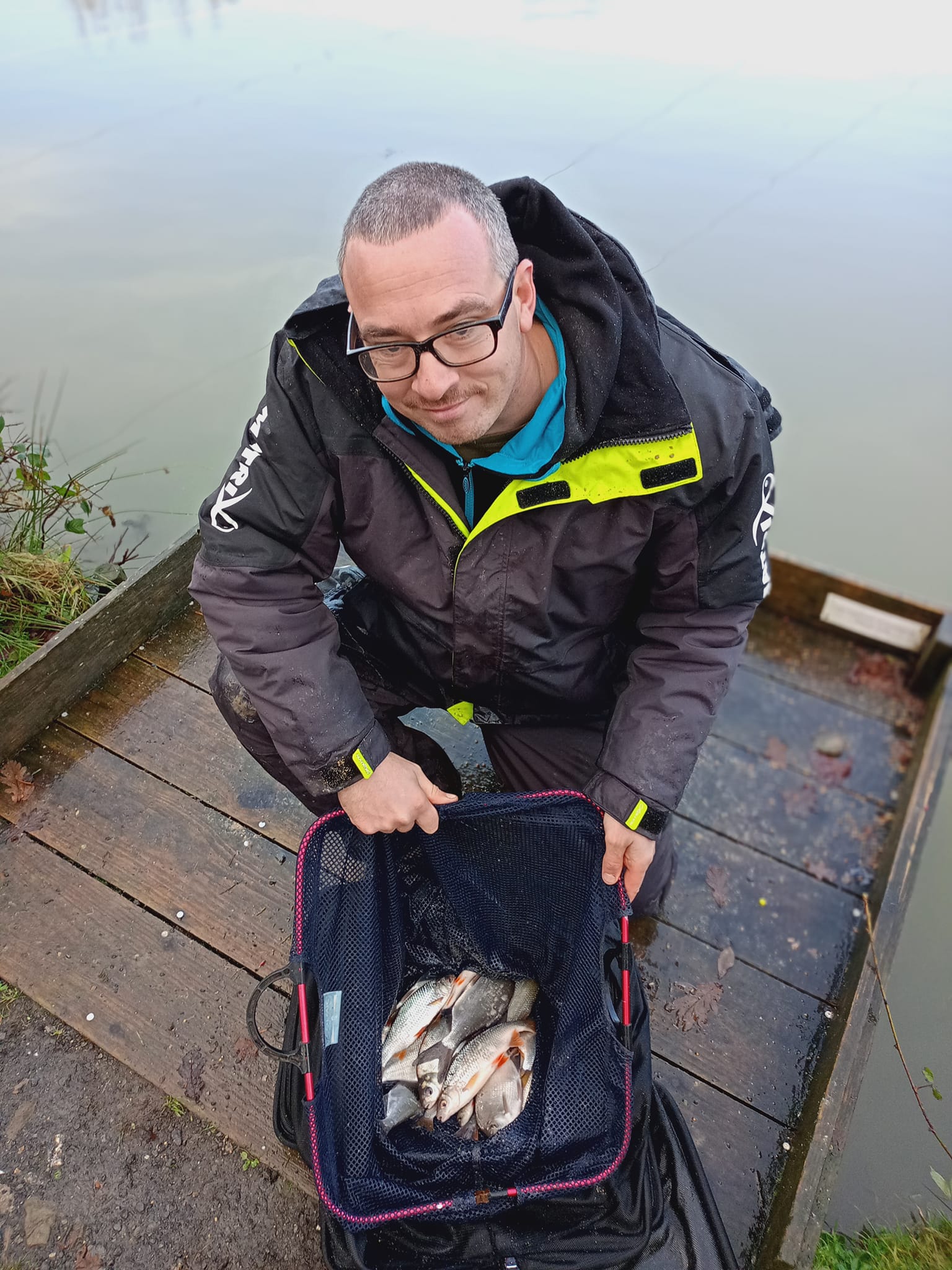
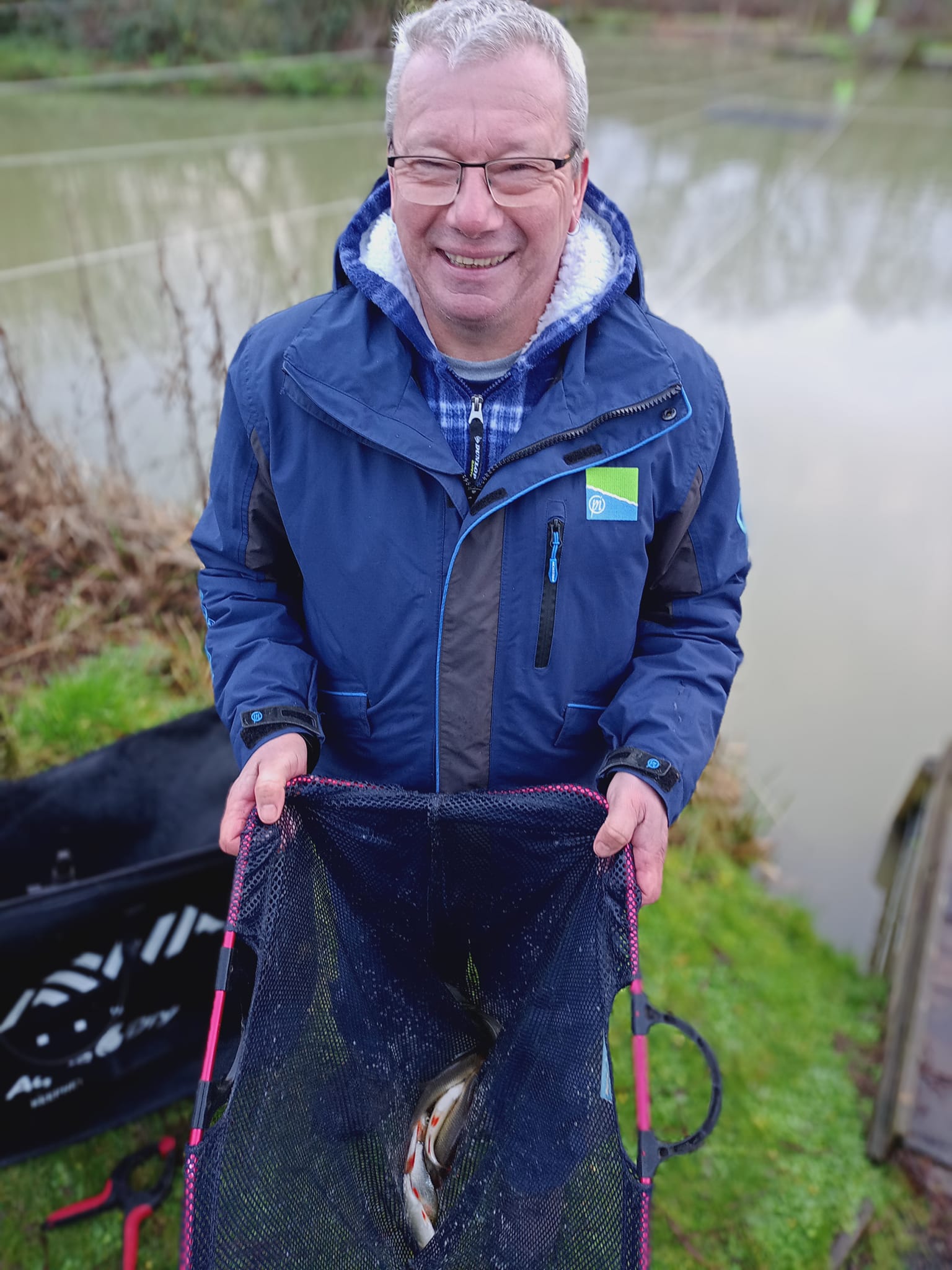
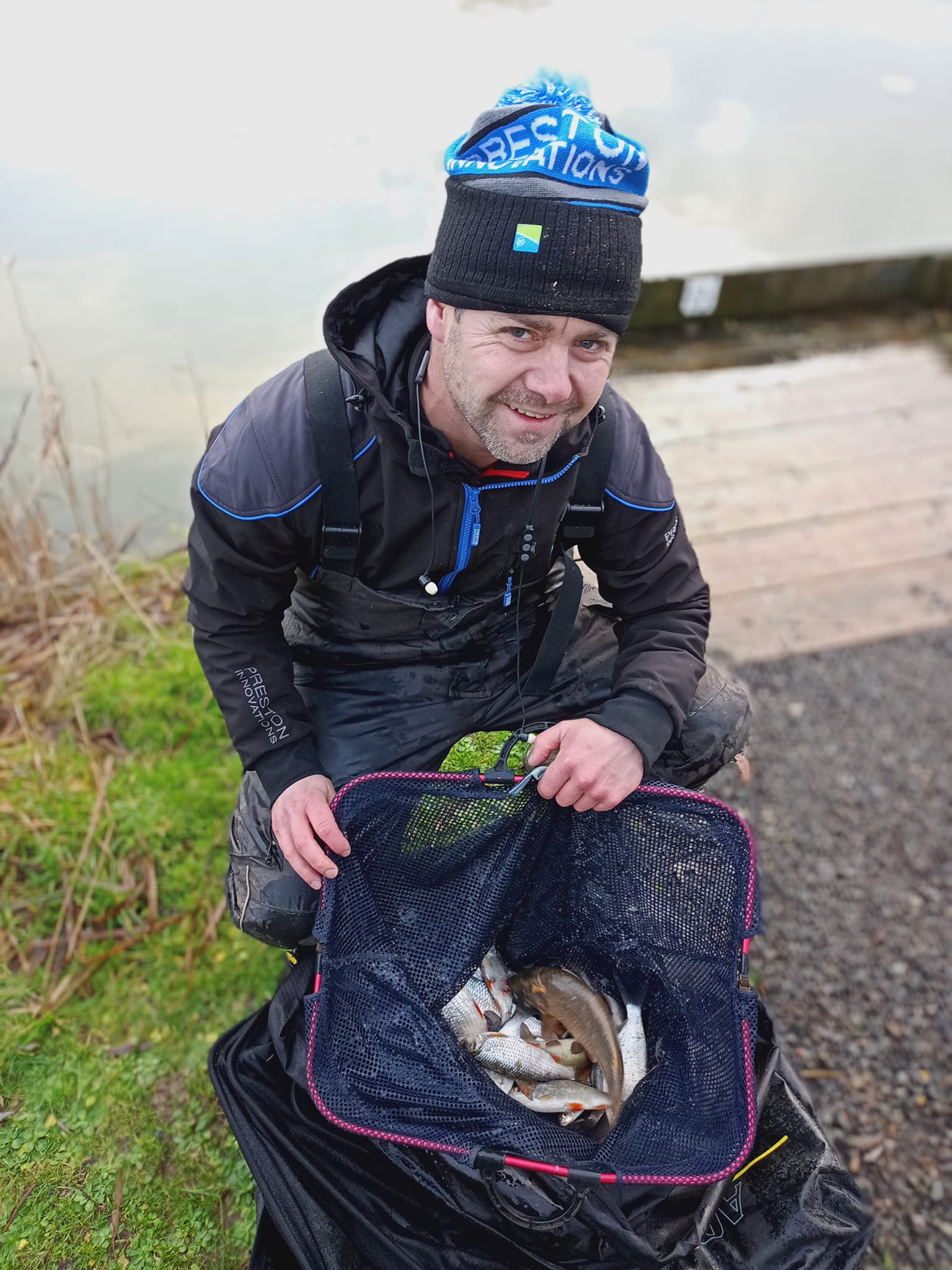















When I started fishing from the North Devon Coast close to fifty years ago access to the coast was not a major issue with many marks freely accessible. During the 1980’s and onwards issues started to arise as the numbers of anglers fishing increased with many travelling long distances to fish the marks. Sadly, some of the anglers showed little respect for private property and sometimes left litter and in some cases broke down fences to gain access.
During recent years some marks have been operated on a permit only basis with an annual fee charged to allow access to private land to fish. Permits are generally obtained by local anglers who tend to respect the owners and their property accepting that times have changed and that to gain access to fish a charge is perhaps the new normal.
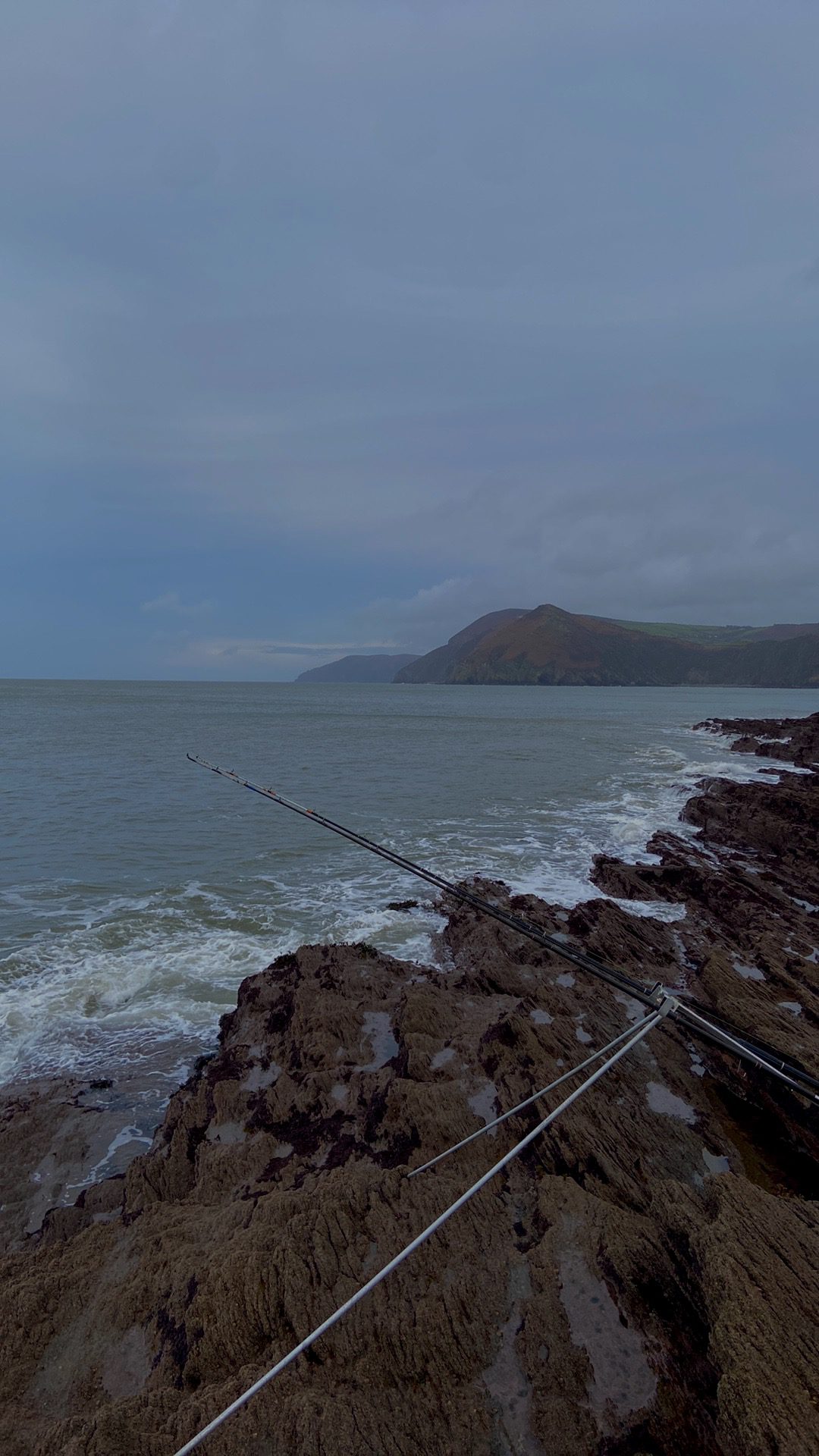
These access issues have perhaps been highligted further since COVID and lockdowns increased coastal visits by the general public.
In some cases certain areas have been closed to angling to ensure maximum potential use of the venue for commercial purposes. There are concerns that anglers breaking the rules regarding access to closed areas could jeopardise access to wider areas.
I hope that those reading this will know of the areas and appreciate the issues. It would be sad if those who have invested in permits and follow the rules are denied access to several prime marks due to anglers fishing a couple of marks that have been closed off. Once access is lost it is seldom regained.
Respect of private property is essential if anglers wish to maintain access to the coast.
Some areas of South Devon have become virtual no go areas as a result of anti social behaviour by a minority it is to be hoped this does not happen in North Devon.
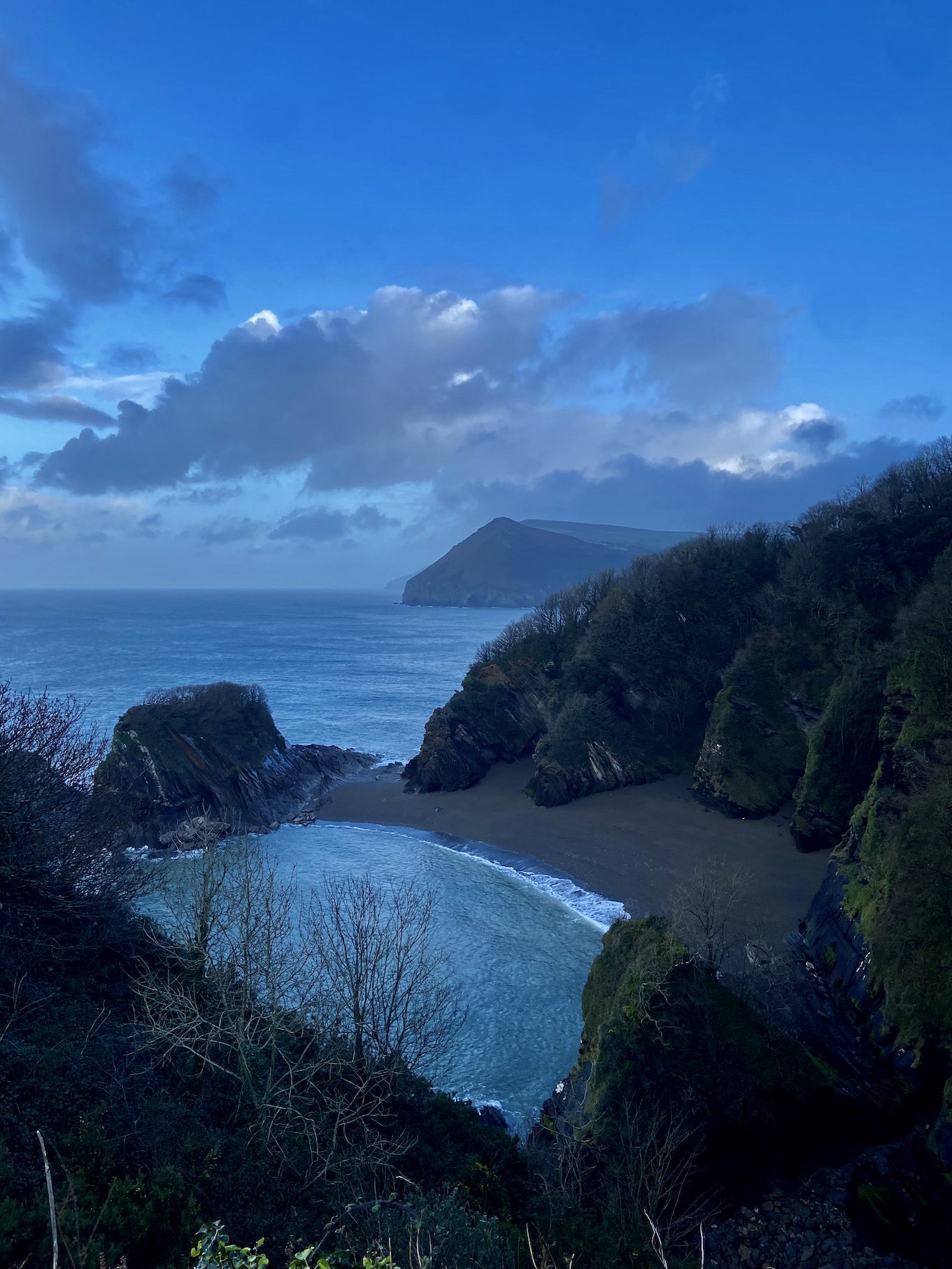
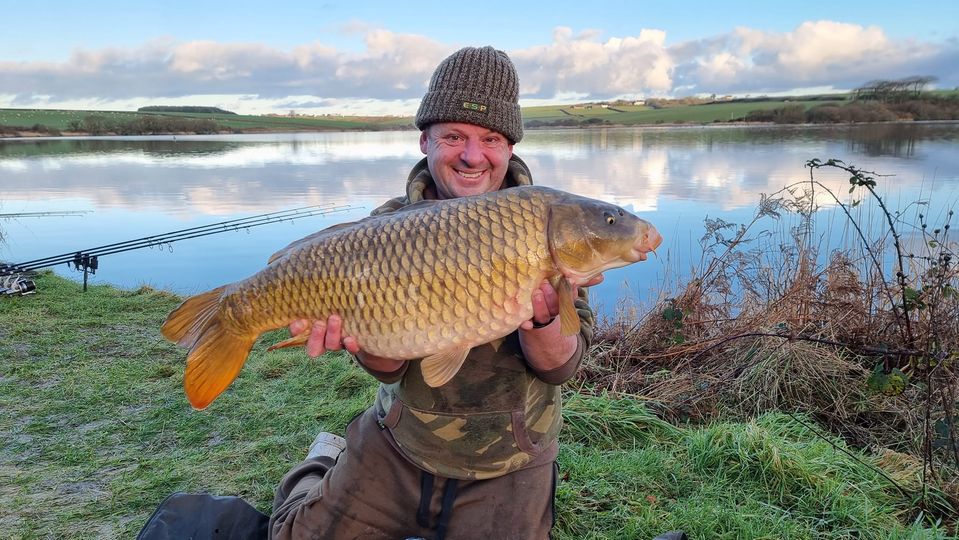
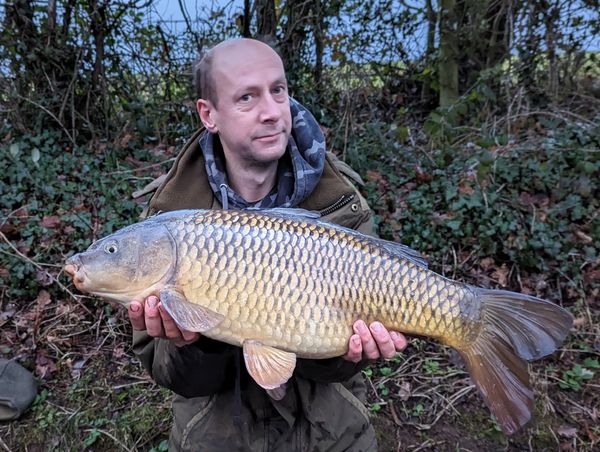
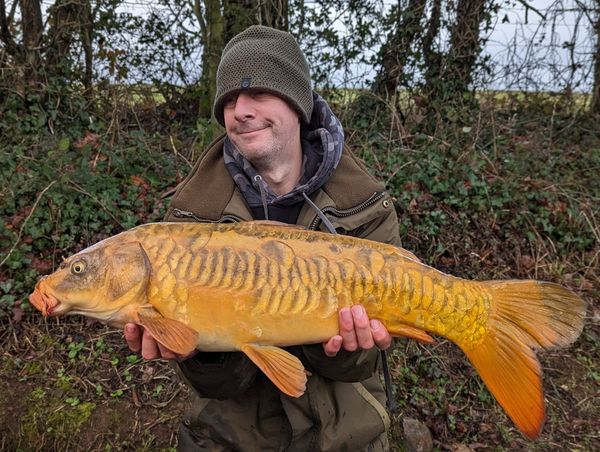
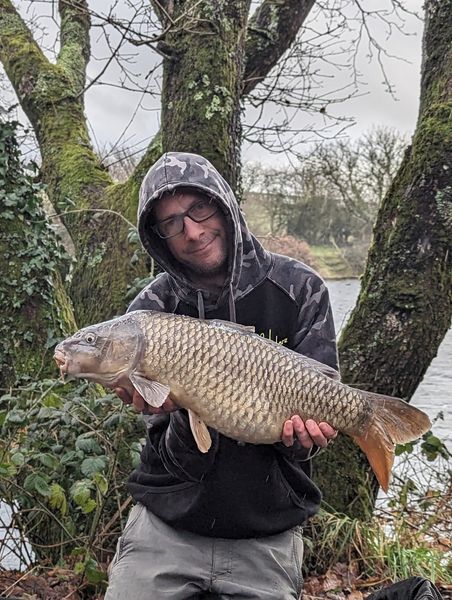
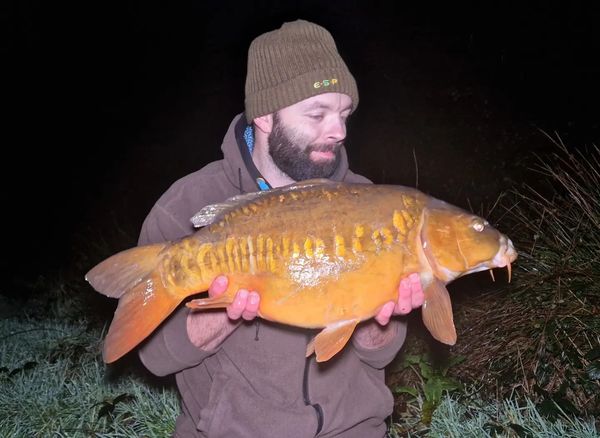
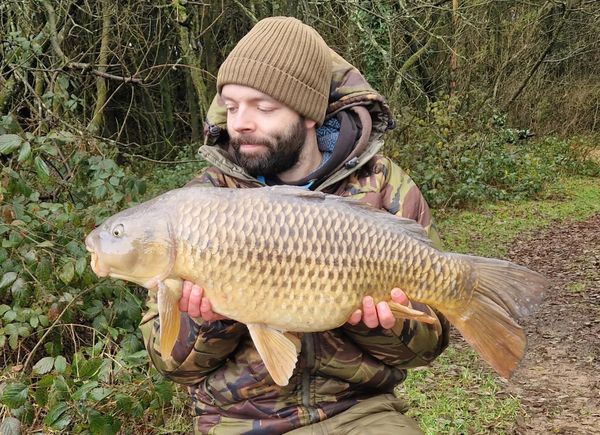
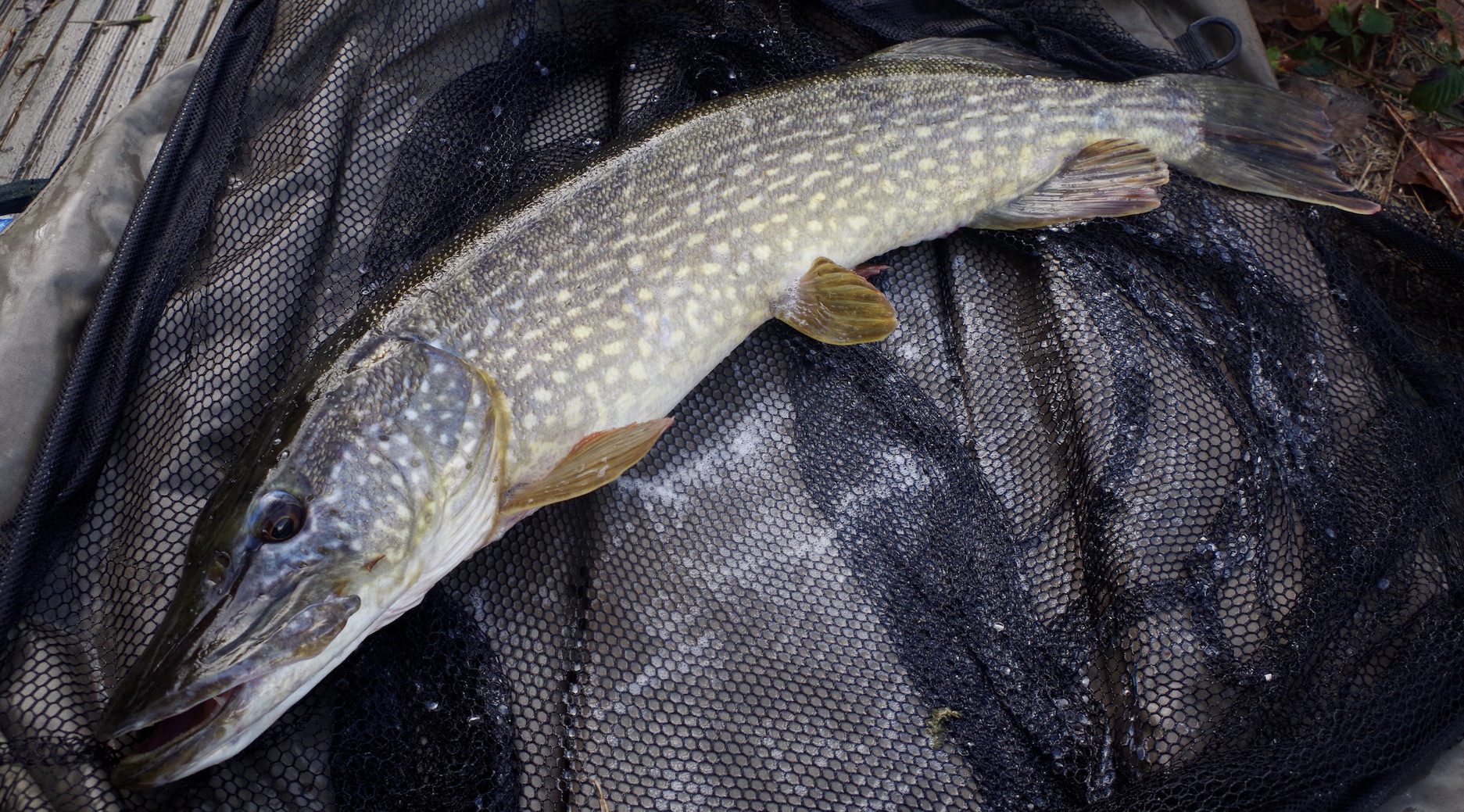
Additional Pike Fishing Rules (all of the above apply also).

Combe Martin Sea Angling Clubs Get some Fresh Air Festive Fish saw members fish marks across North Devon with a wide variety of species registered. Whilst no 100% plus species were caught several good fish were registered. Species caught included rockling, dogfish, spotted ray, small eyed ray, conger, thick lipped grey mullet, Bull Huss, pollock, spurdog and tope.
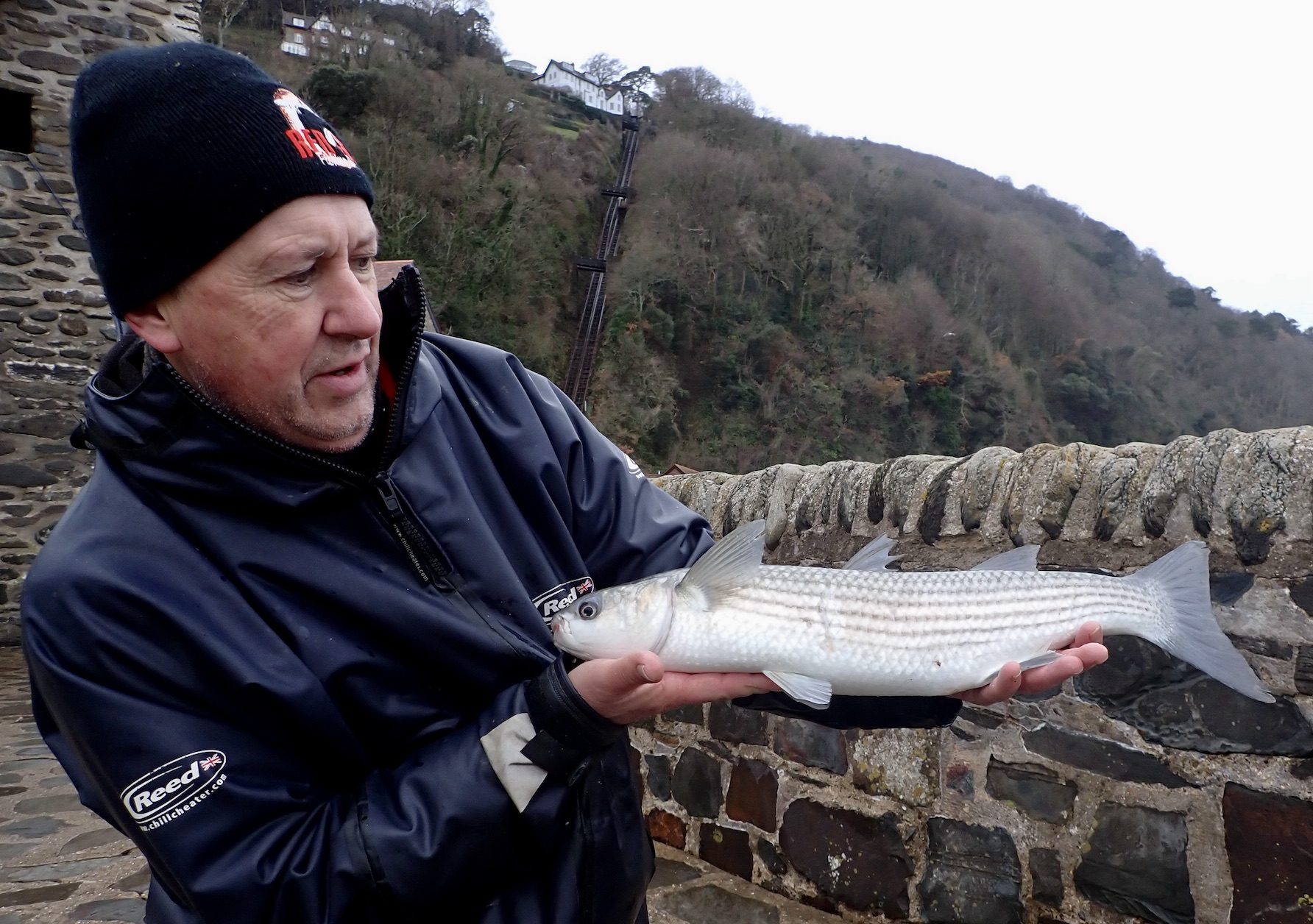
Results : –
1st Wayne Thomas – Thick lipped grey mullet 4lb 2oz 97.059%
2nd Kevin Legge – Conger – 18lb 90%
3rd Kevin Legge – Tope – 26lb 14oz – 89.583%
4th John Avery – Thick Lipped grey mullet – 83.824%
5th – Daniel Welch – dogfish – 2lb 7oz – 81.250%
6th – Kevin Legge – Spurdog – 7lb 14oz – 78.750%
7th – Ross Stanway – Bull Huss – 7lb 13oz – 78.125%
8th – Wayne Thomas – Thick Lipped Grey Mullet 3lb 2oz – 73.529%
9th – Jonathon Stanway – conger – 13lb 11oz – 68.437%
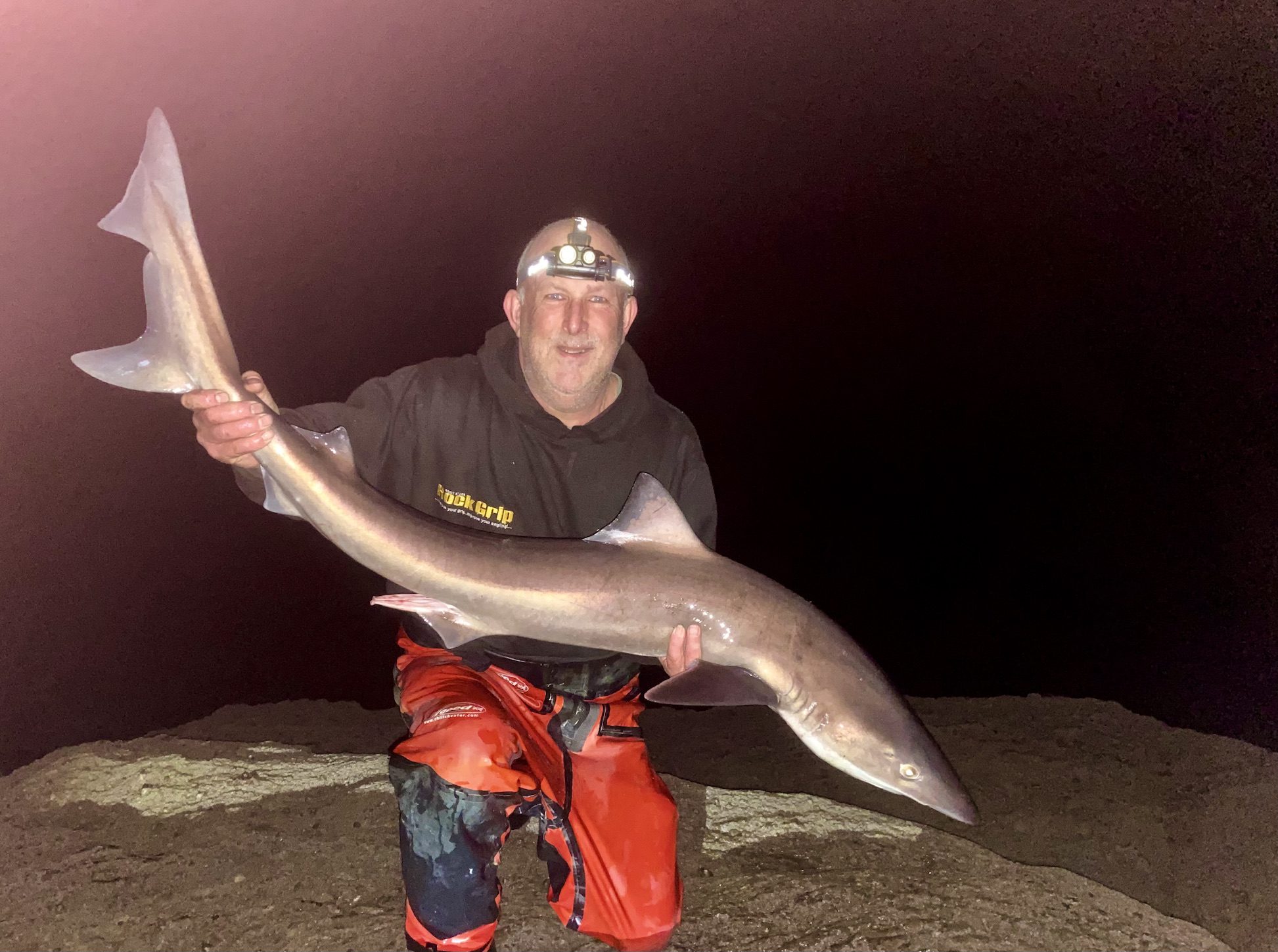
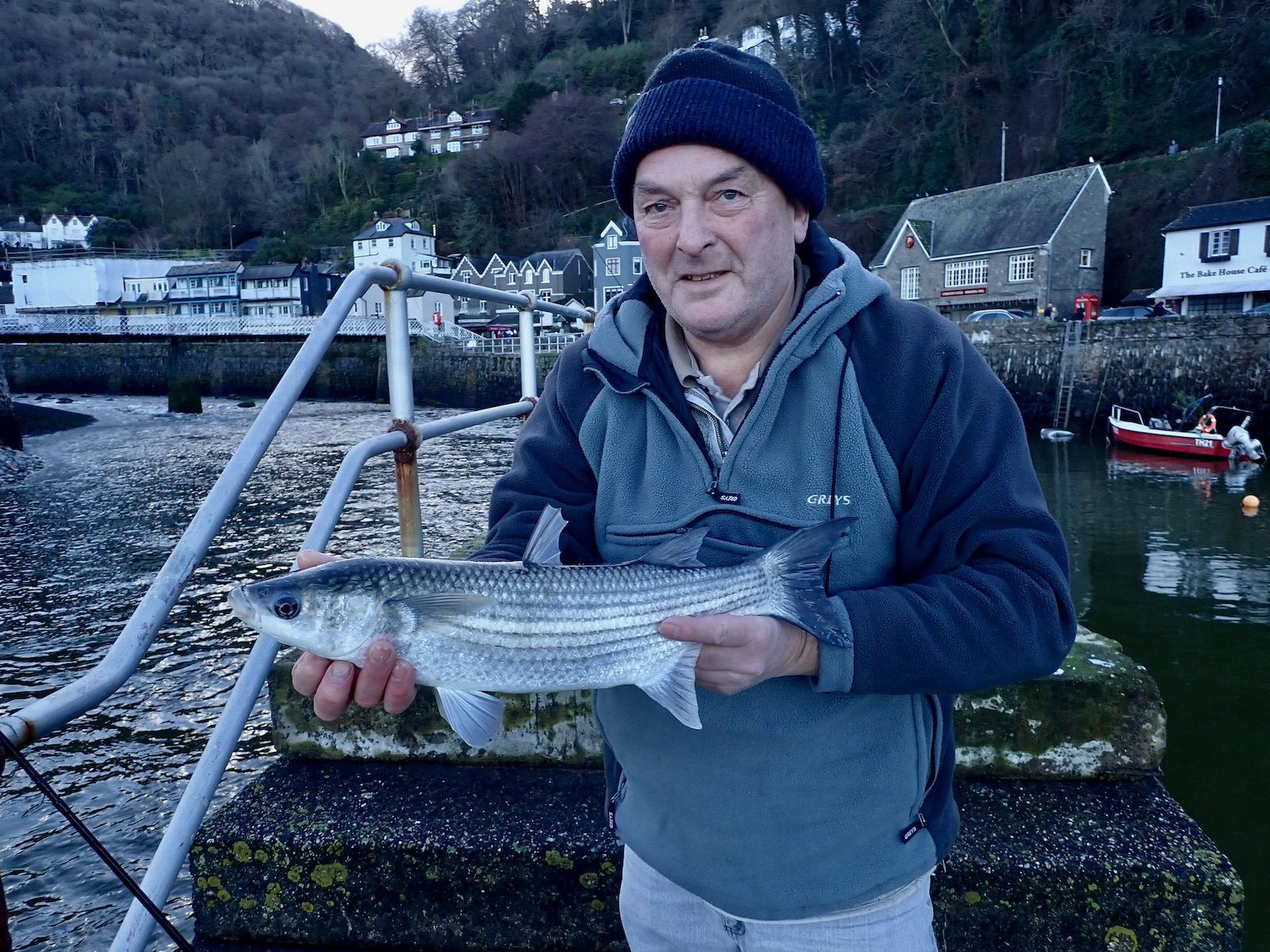
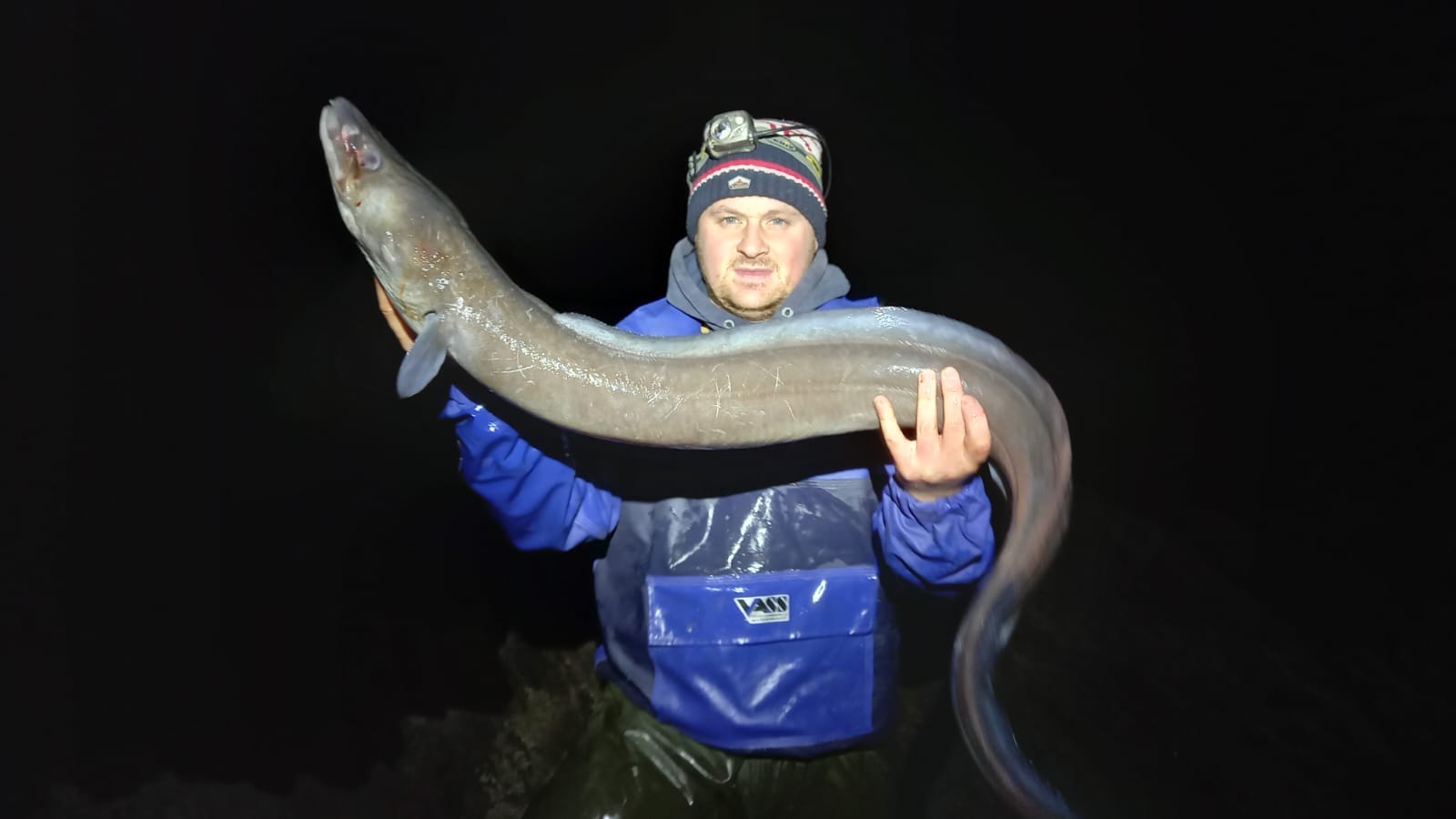
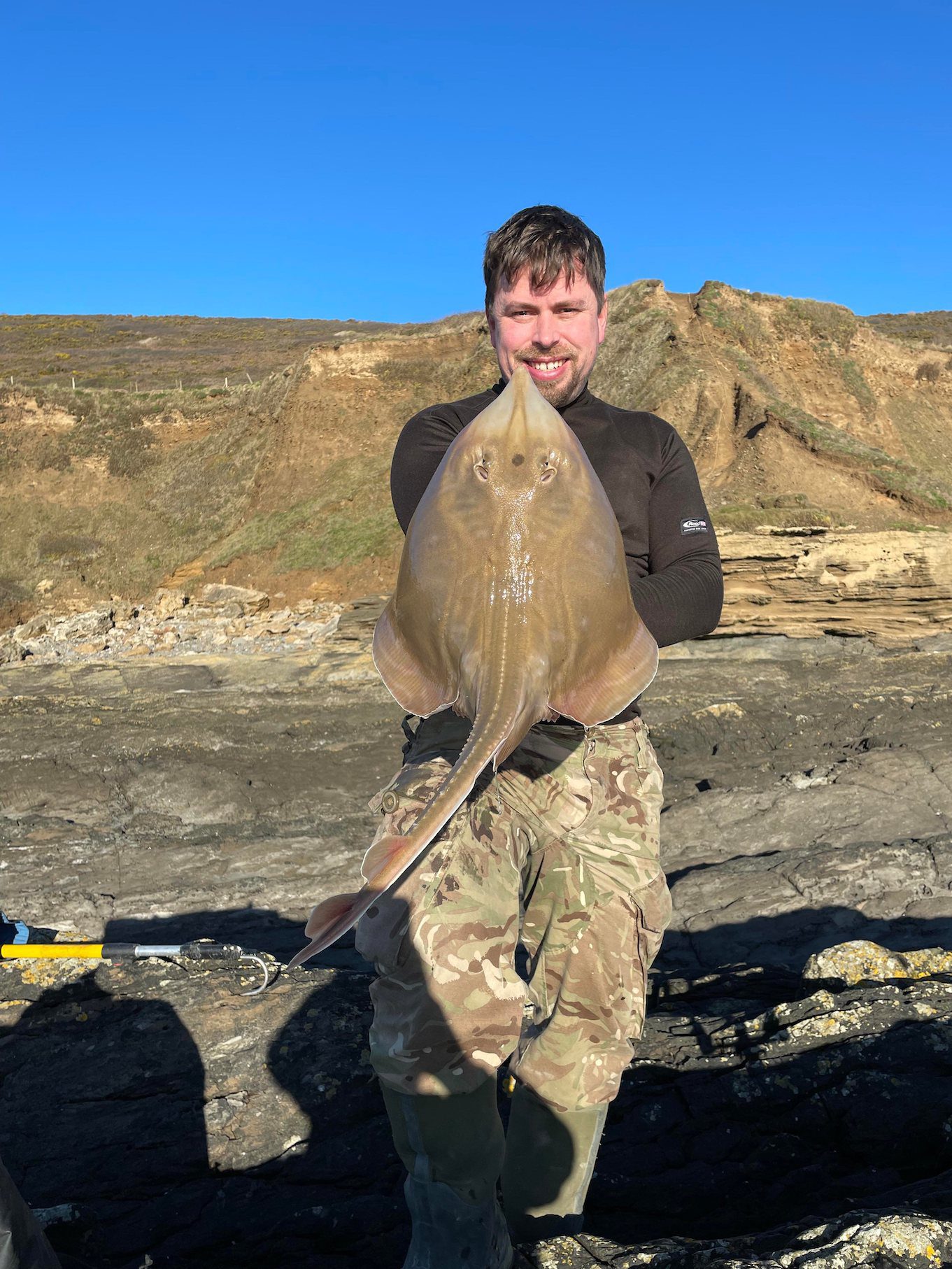
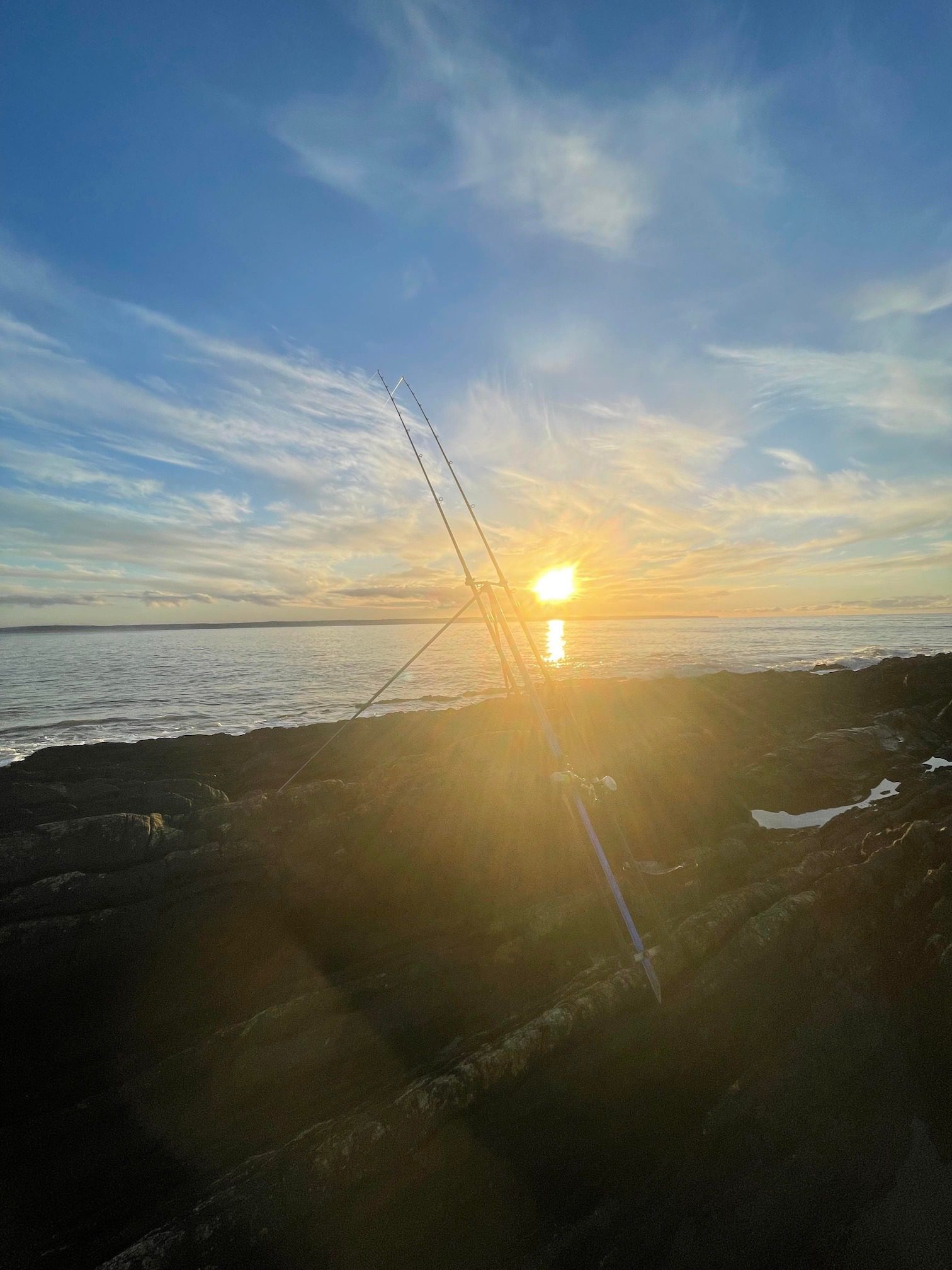
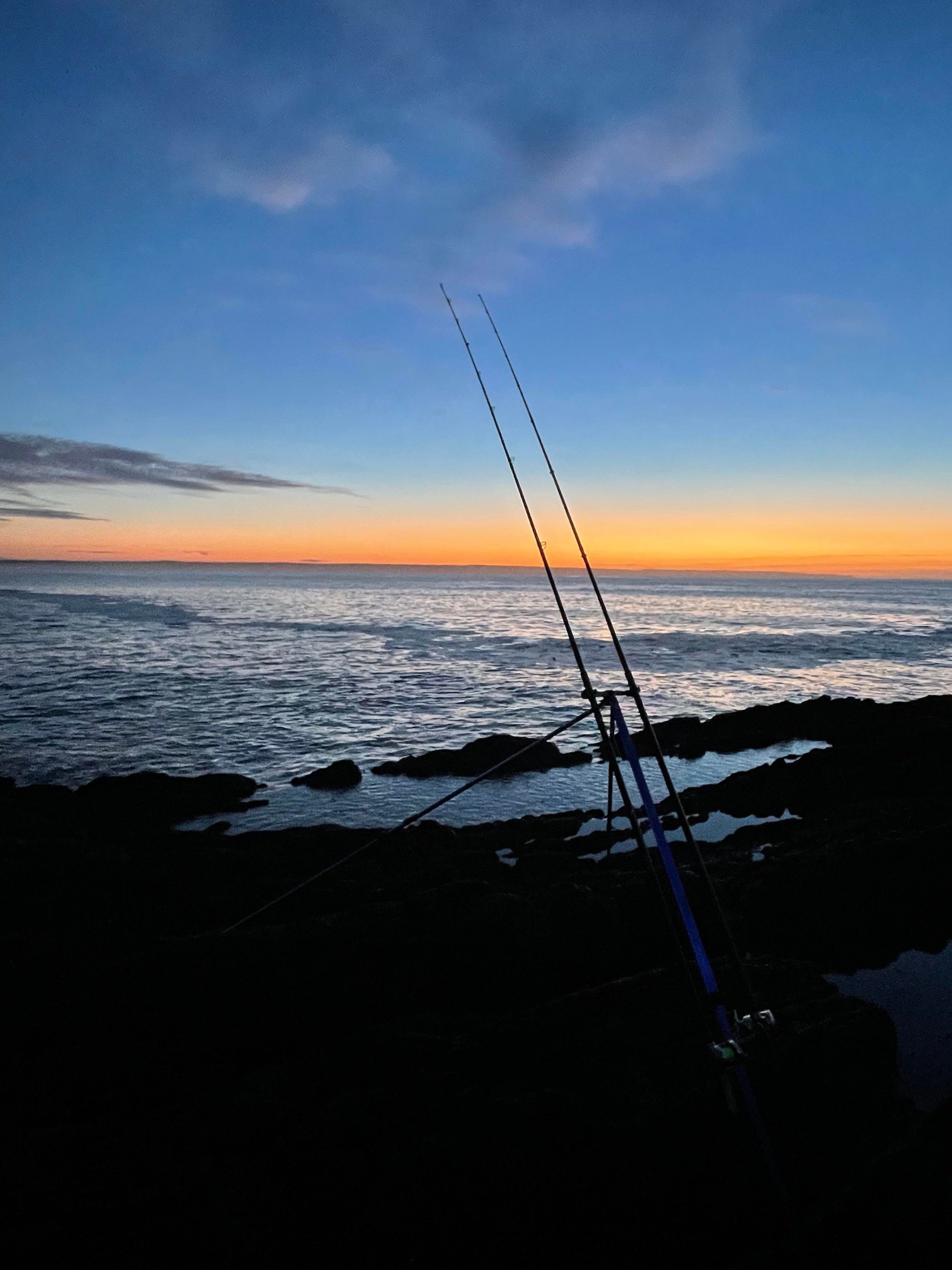
For those of you who dont buy the NDJ a few comments on the state of angling etc. From this weeks edition.

Changing Times at the water’s edge
At the turn of the year, it is perhaps a good time to both reflect and look to the future. The past couple of years have been extraordinary with many issues impacting upon our lives. During the COVID pandemic the word unprecedented was used repeatedly as we all struggled with the strict measures imposed and the fear of the unknown.
During this period many rediscovered or perhaps found for the first time the importance of nature and great outdoors for the nurturing of both mental and physical health. Angling received a significant boost during this period and for a time angling related businesses enjoyed a boost. As life has returned to a new normal the initial upsurge in angling has faltered as new issues have impacted. The cost of living has forced up the cost of most things including fishing tackle and related costs such as travel and bait.
There are areas within angling that still seem to be thriving with carp angling seemingly booming across the country. There are now many lakes that boast specimen carp of thirty, forty and even fifty pounds. The demand for these fish is strong resulting in expensive and often exclusive syndicate waters. It is good that these fisheries exist offering the chance for anglers to catch splendid fish. There is however a risk that elitism can make it difficult for newcomers and difficult to afford. It is perhaps worth considering what has happened to other areas of angling in recent years.
During the late seventies and eighties Stillwater trout fishing became increasingly popular with more and more waters stocked with trout. On the larger reservoirs rainbow trout dominated offering exciting sport at a reasonable cost. Smaller put and take stillwater’s were opened across the country and were stocked with larger and larger trout. Many anglers started to chase these big farmed fish prepared to pay ever higher prices to secure double figure trout and above. Stillwater trout fishing has suffered as stocking levels desired by many anglers has become unsustainable. The generation of anglers who grew up through the boom years are now dwindling with very few young anglers taking their places.
There is perhaps a danger that the obsessive quest for bigger and bigger carp could have a similar impact on the future of carp angling.
Fortunately, some anglers are starting to value the true essence of fly fishing relishing the thrill of targeting wild trout in less heavily stocked waters. It is perhaps a blessing in disguise that a greater awareness of the value of natural rivers has resulted. Fergal Sharkey, formally an Irish punk rocker has recently gained notoriety as a campaigner for cleaner rivers highlighting the pollution and neglect of these vital arteries of the land by water companies and intensive farming. A recent report in the national media has highlighted the failure of government to retain objectives in the Water Framework directive with targets now pushed back over thirty years. If we do not act quickly iconic species like salmon and sea trout will be extinct within a generation.
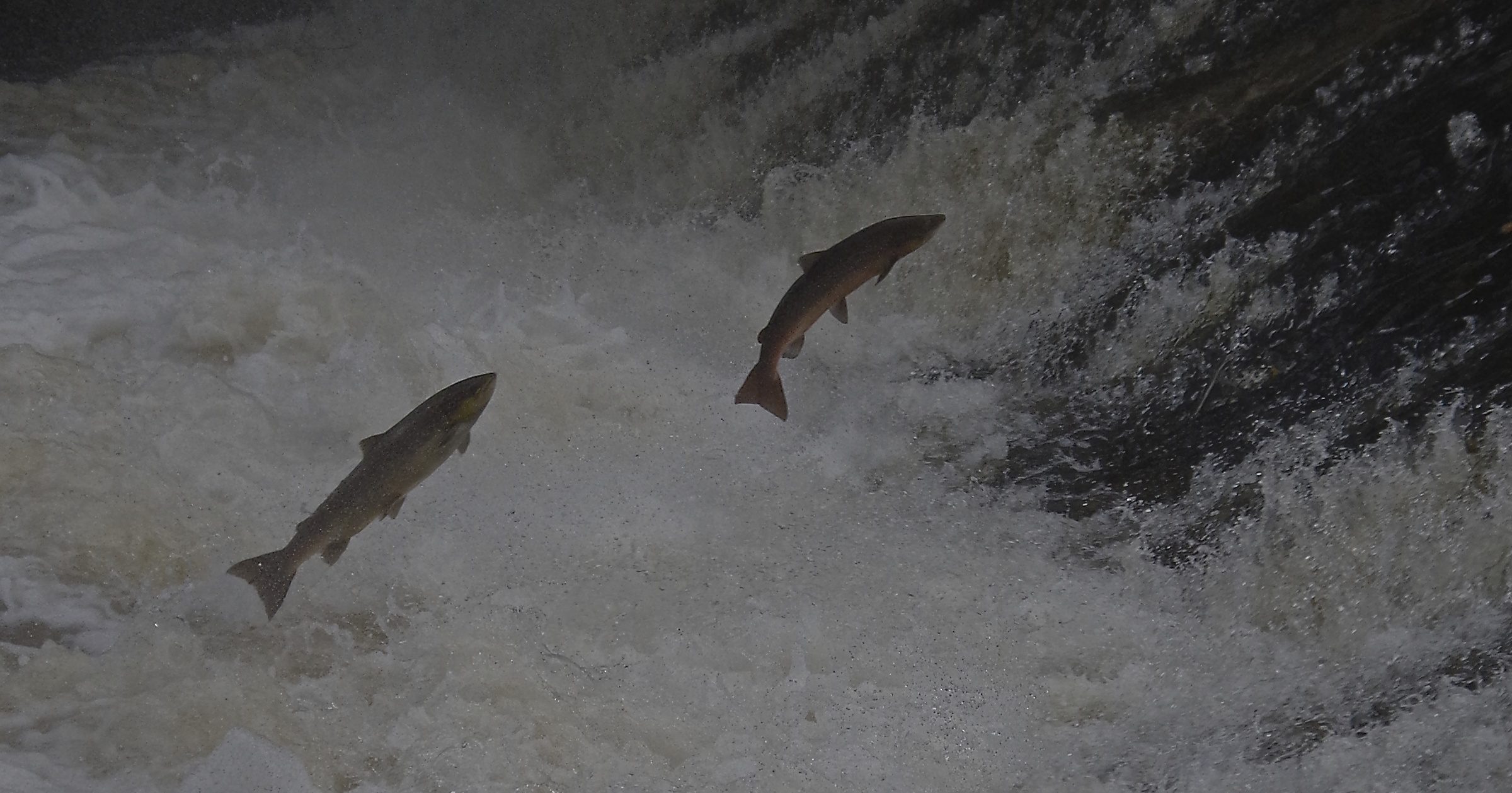
The future of Sea Angling is complex with fish populations always fluctuating. This winter appears to be promising with cod numbers up on recent years. North Devon estuaries have seen a greater abundance of cod with plenty of double figure cod showing up channel. Bass numbers have been increasing in recent years with lure fishing becoming increasingly popular.
Off the coast larger apex predators like shark and tuna seem to be increasing in number. The CHART program that has highlighted the economic value of a catch and release big game fishery. In excess of one thousand blue fin tuna have been brought boat-side and tagged in during the 2022 season. There is hope that a long term recreational tuna fishery will be established bringing exciting opportunities for anglers.
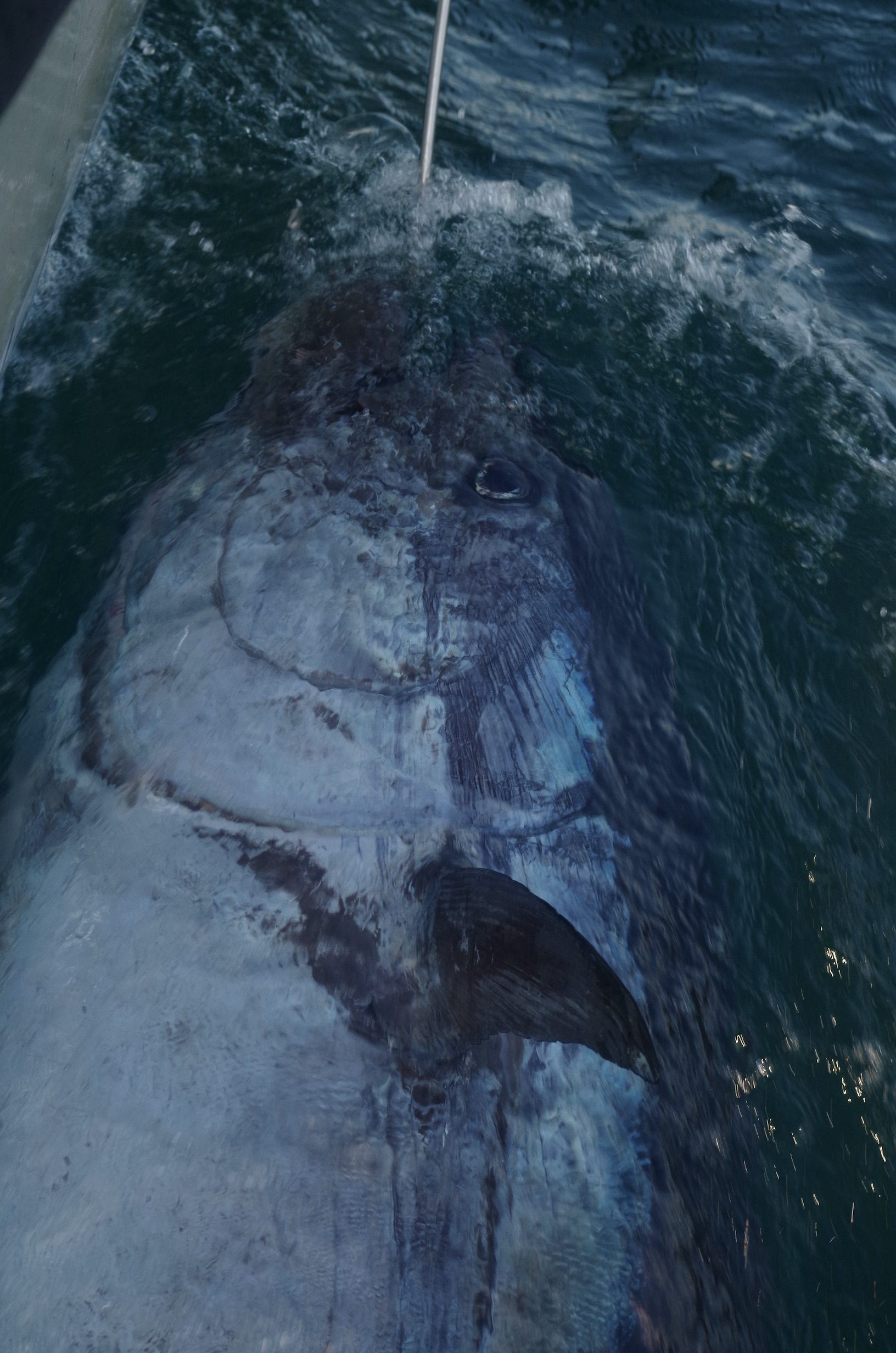
The history of angling will continue to evolve and there are always new discoveries on the horizon. As the climate changes the impact upon fish stocks is uncertain with warmer seas potentially bringing new species within range. The biggest concern must be the impact of weather extremes on freshwater. The summer of 2022 will be remembered for drought conditions and long periods of hot weather. Reservoir levels dropped to previously unseen levels and trout farms lost many fish intended for stocking into the region’s lakes. Rivers were at exceptionally low levels for several months resulting in one of the worst salmon seasons on record. Good news on the river Taw was a large run of shad during late spring and early summer. These rare migratory fish are a protected species and are returned quickly to the river with a minimum of handling.
I would like to wish all readers a Happy and fish filled New Year.

